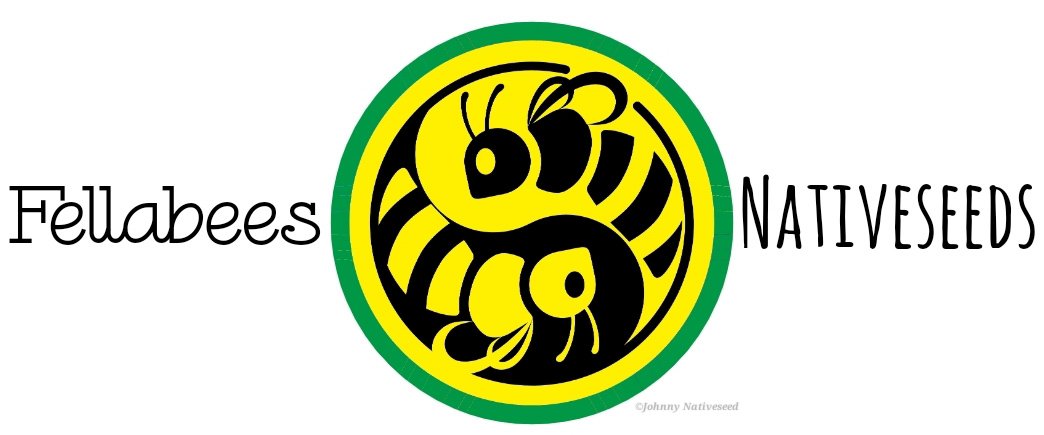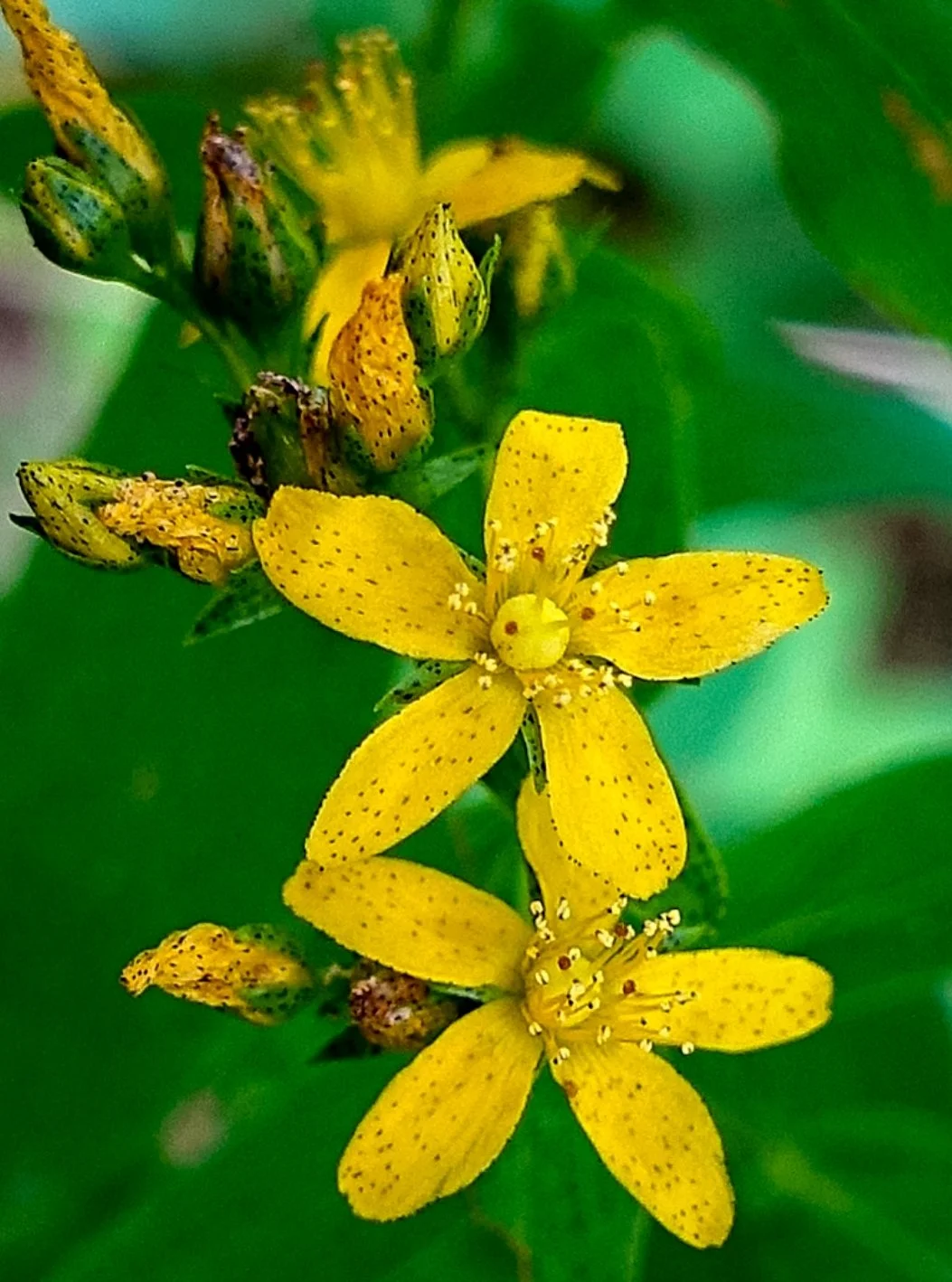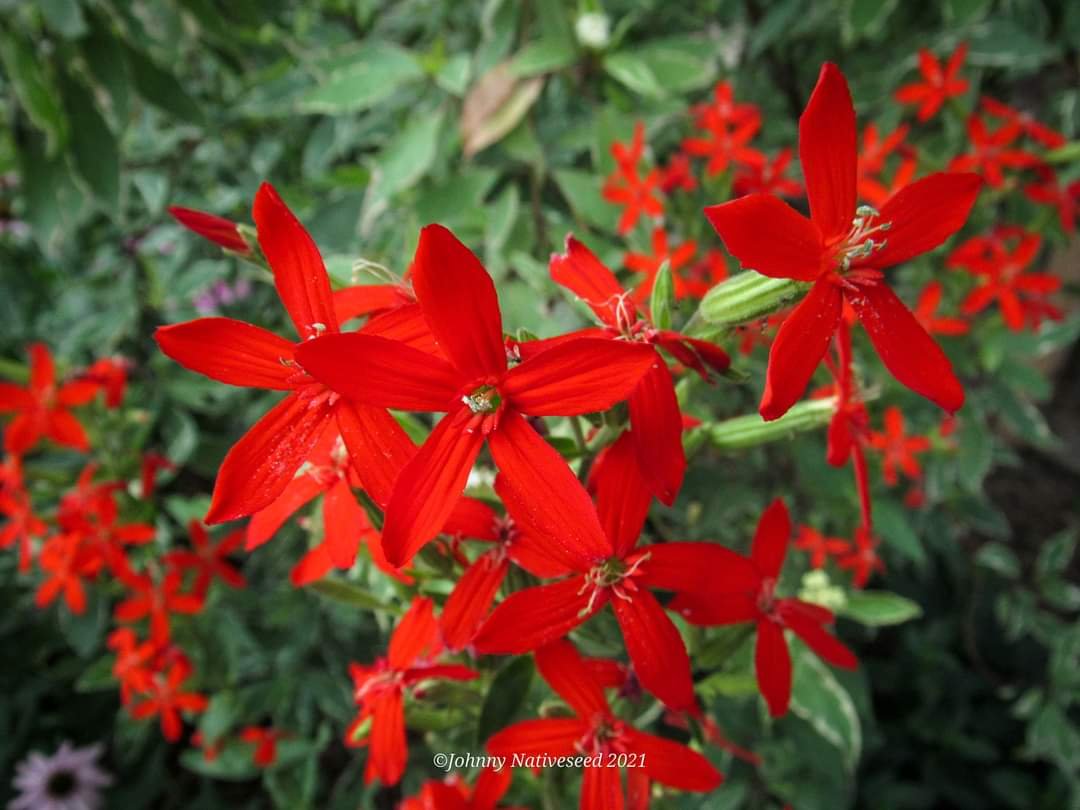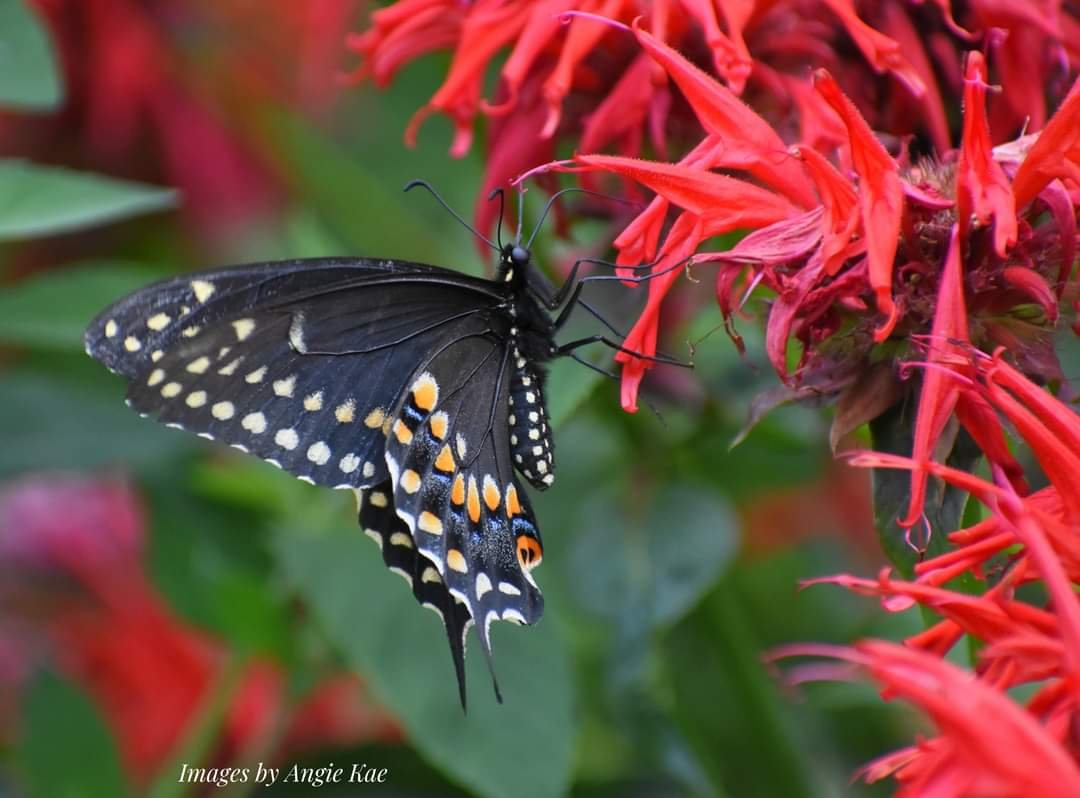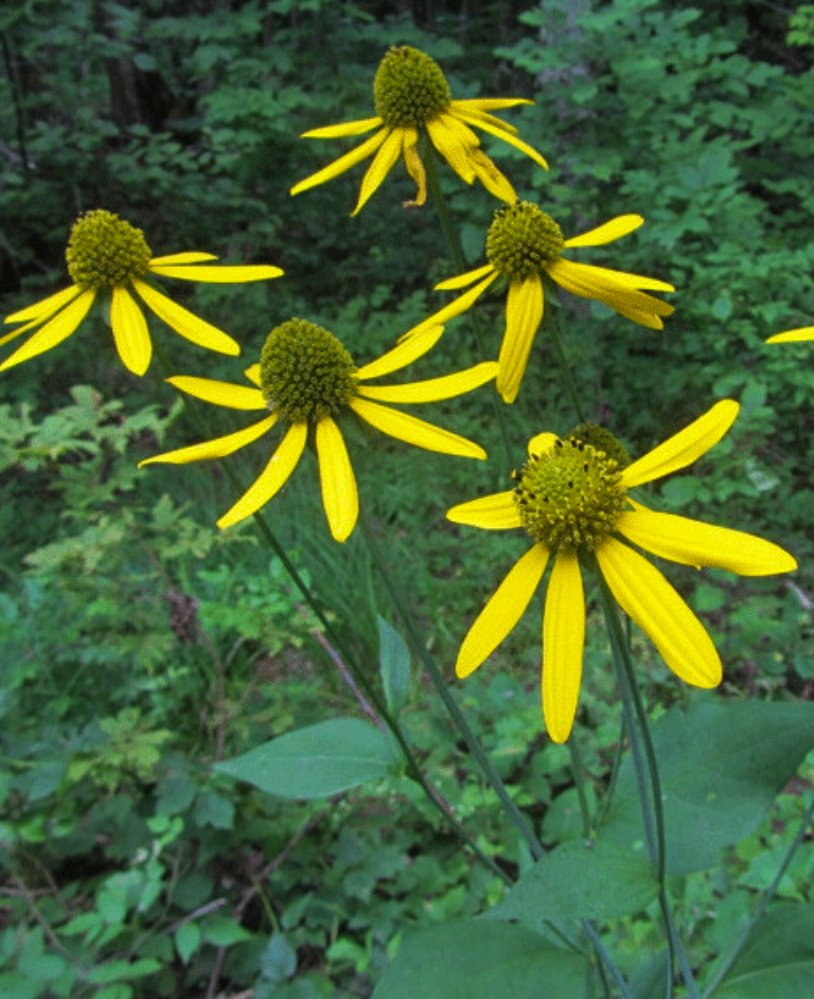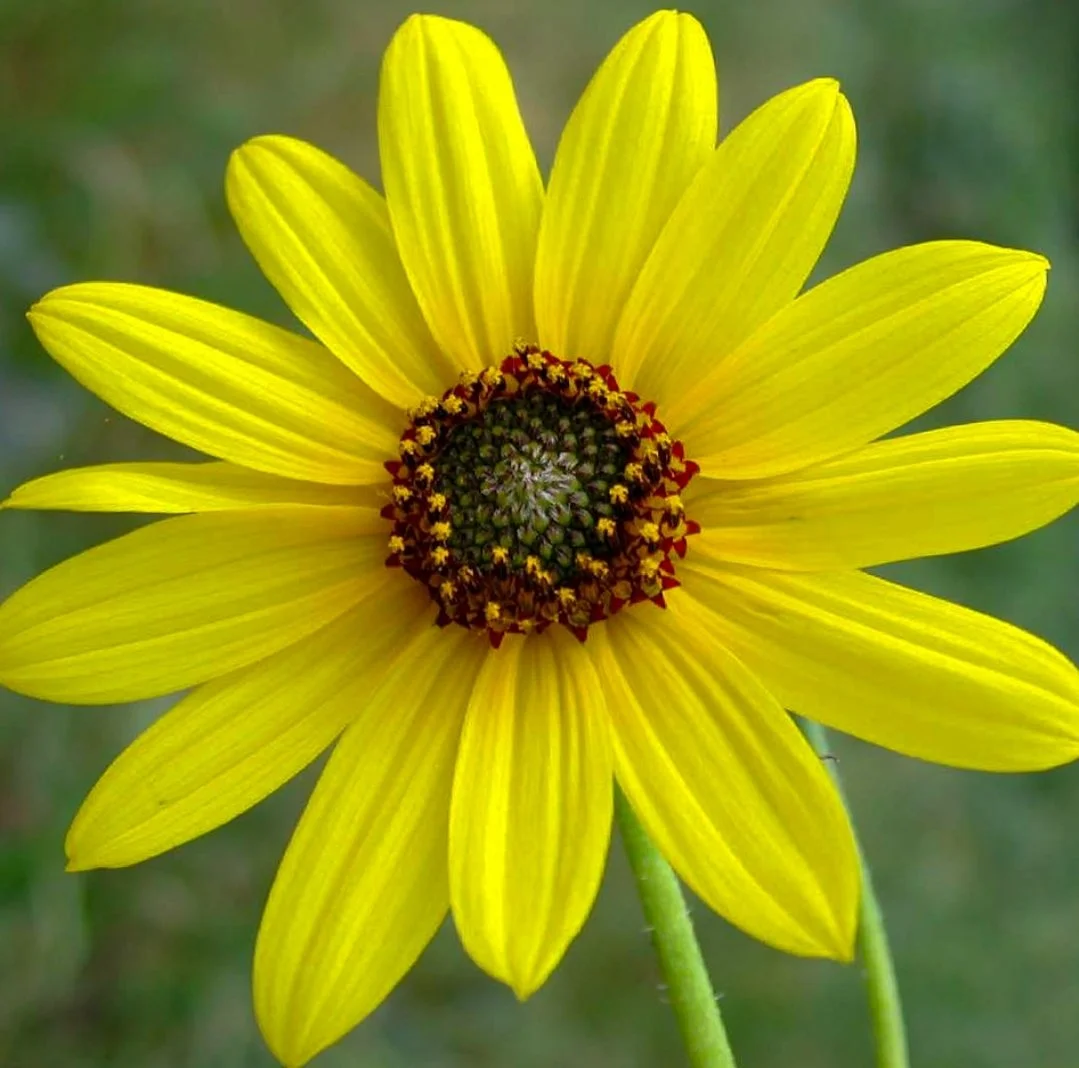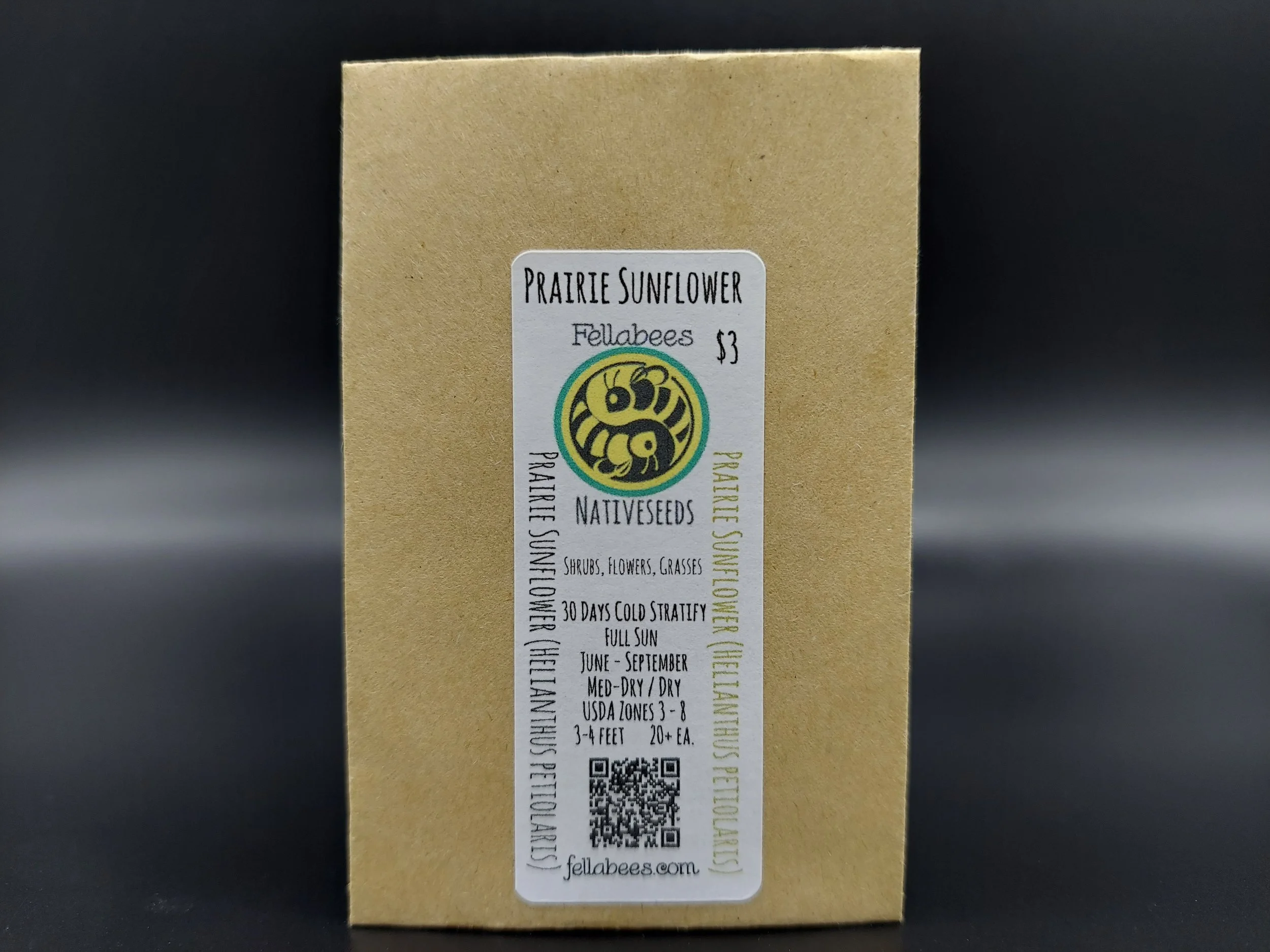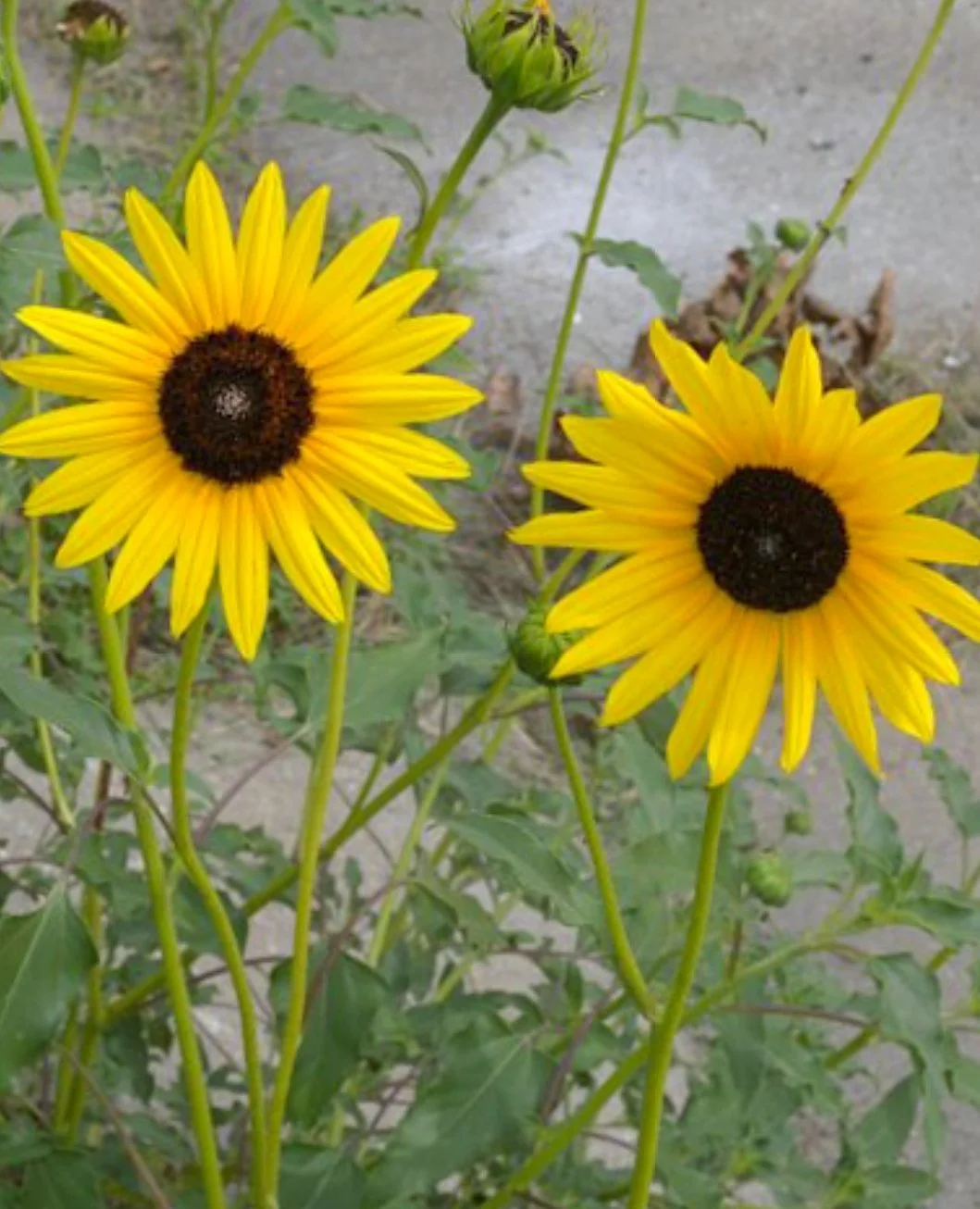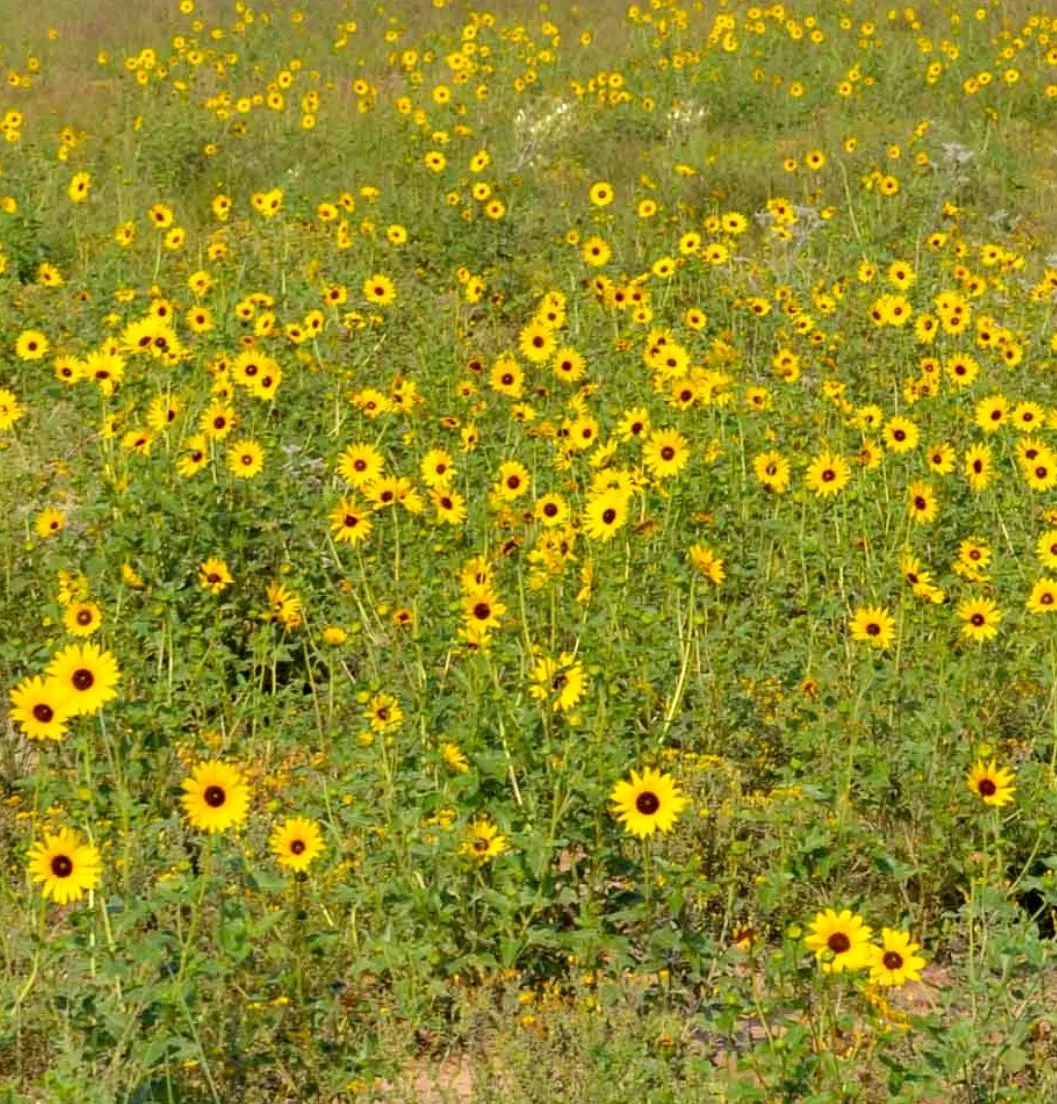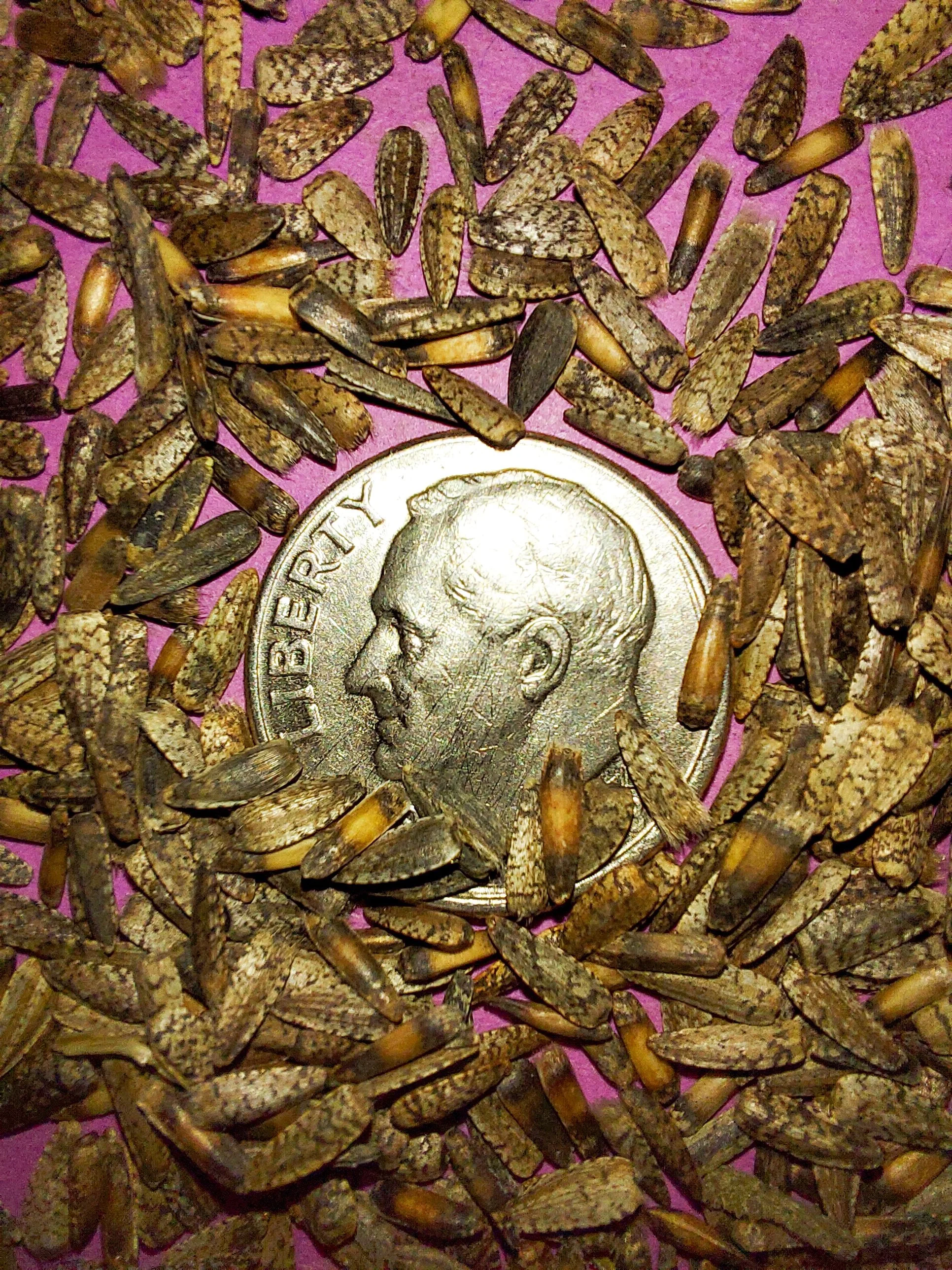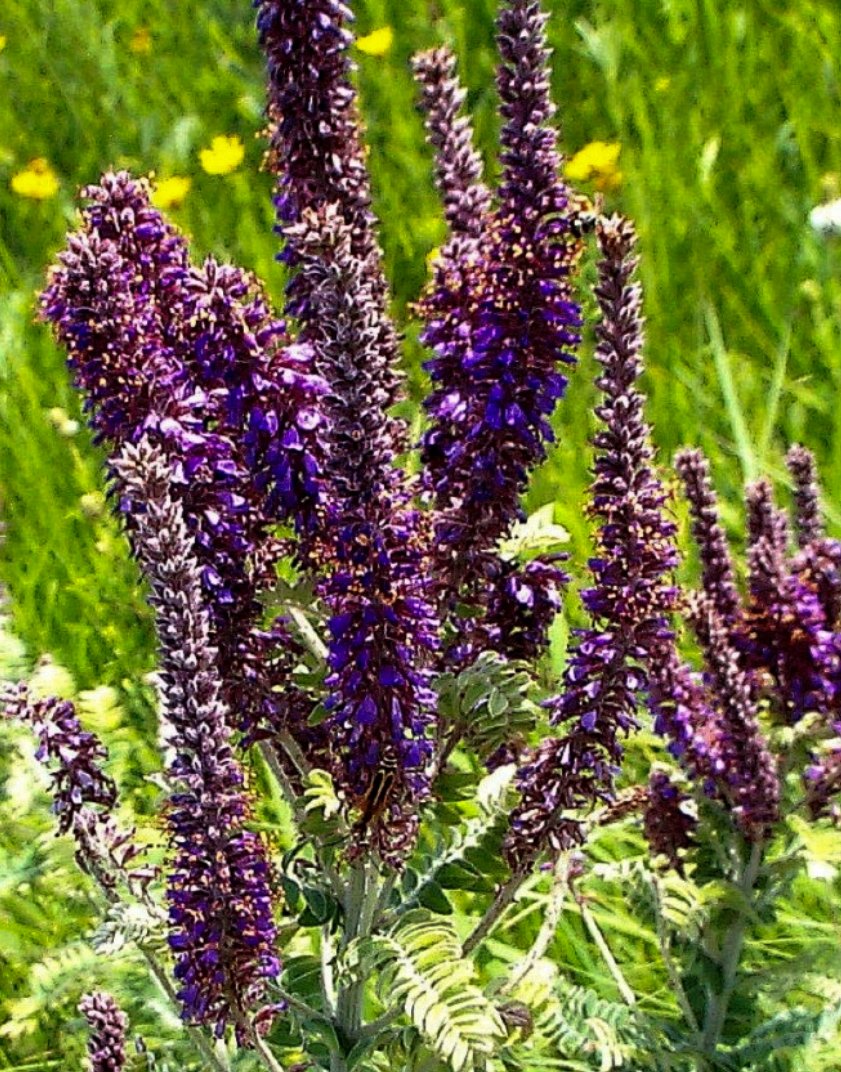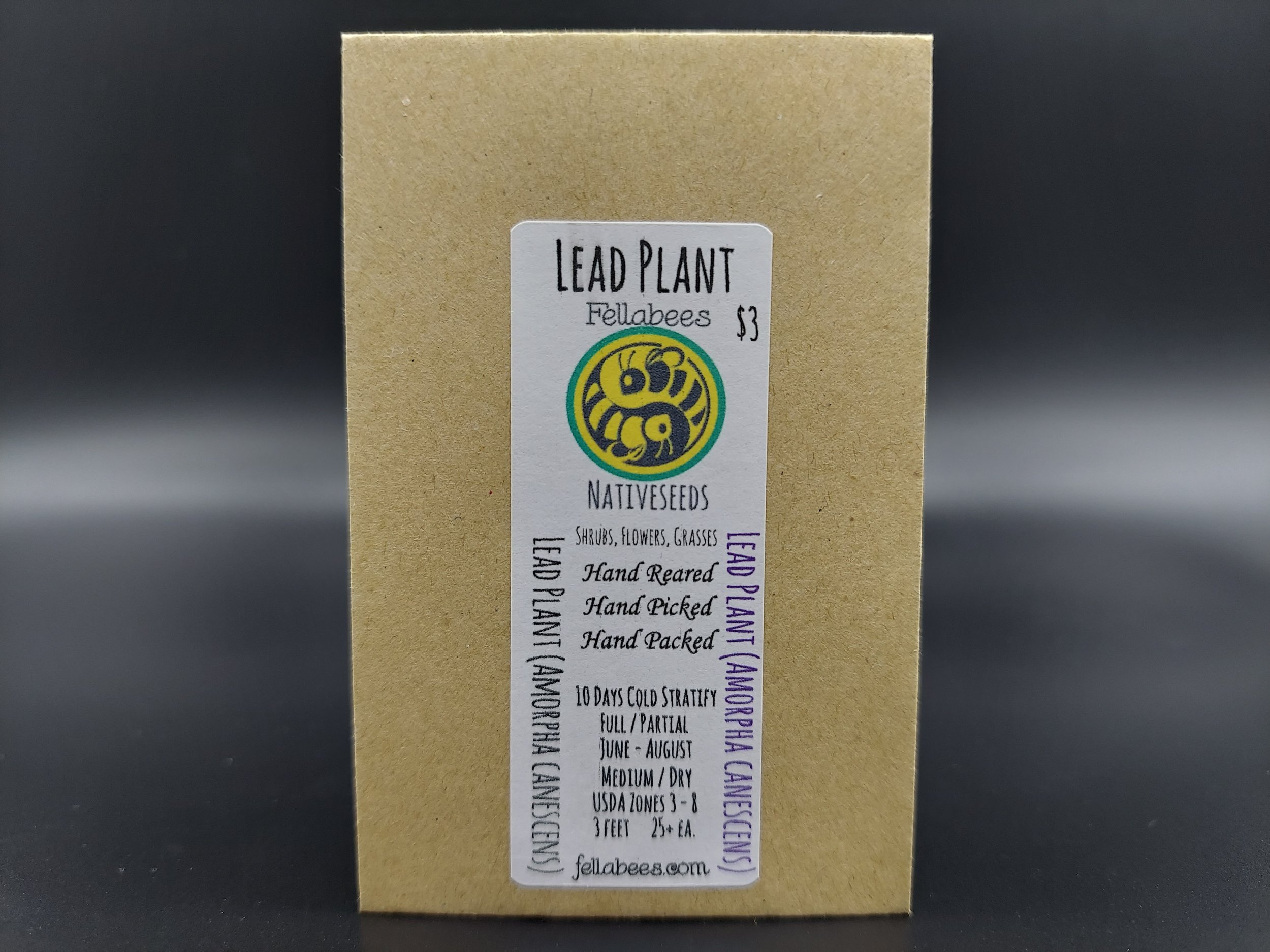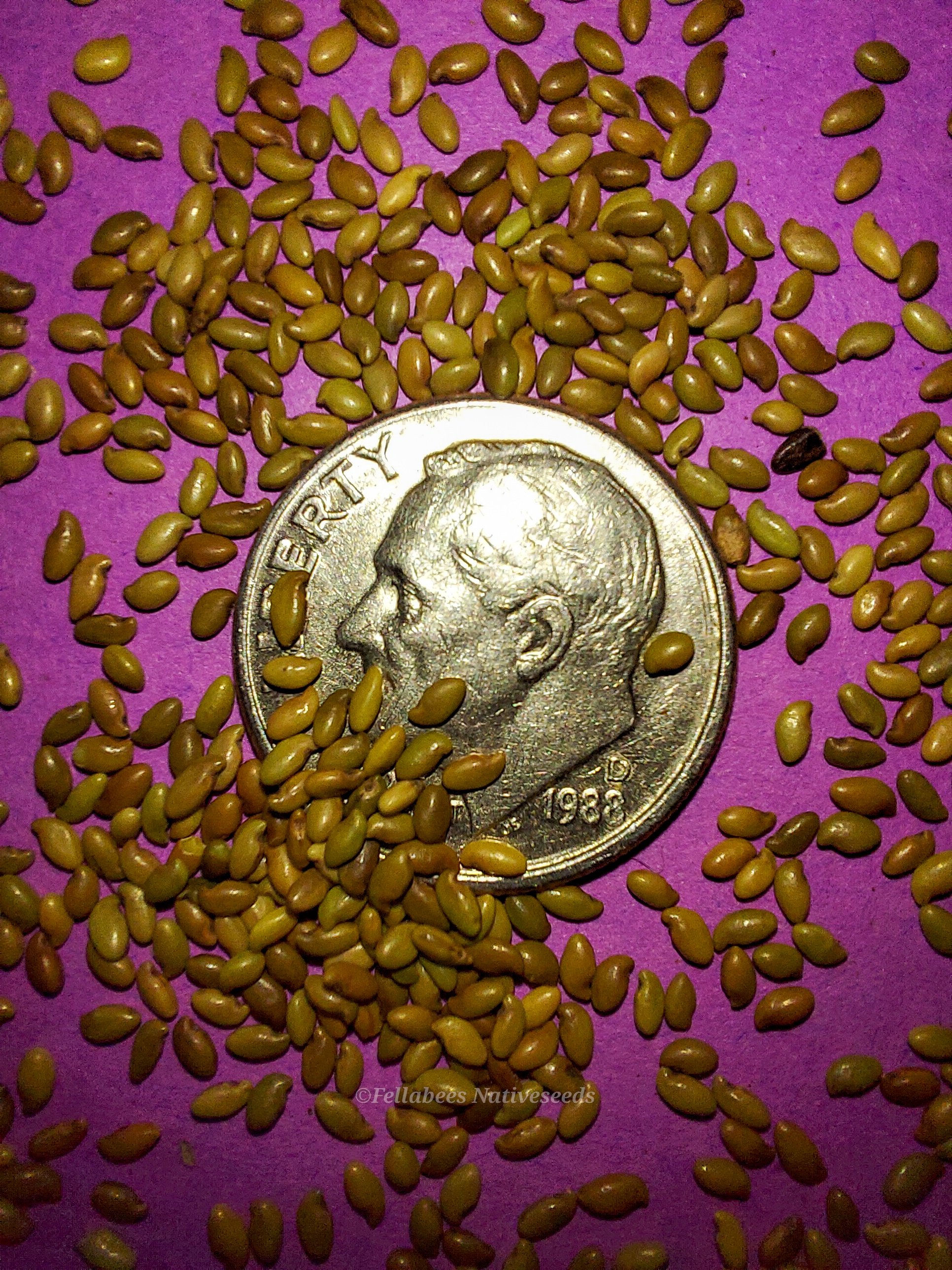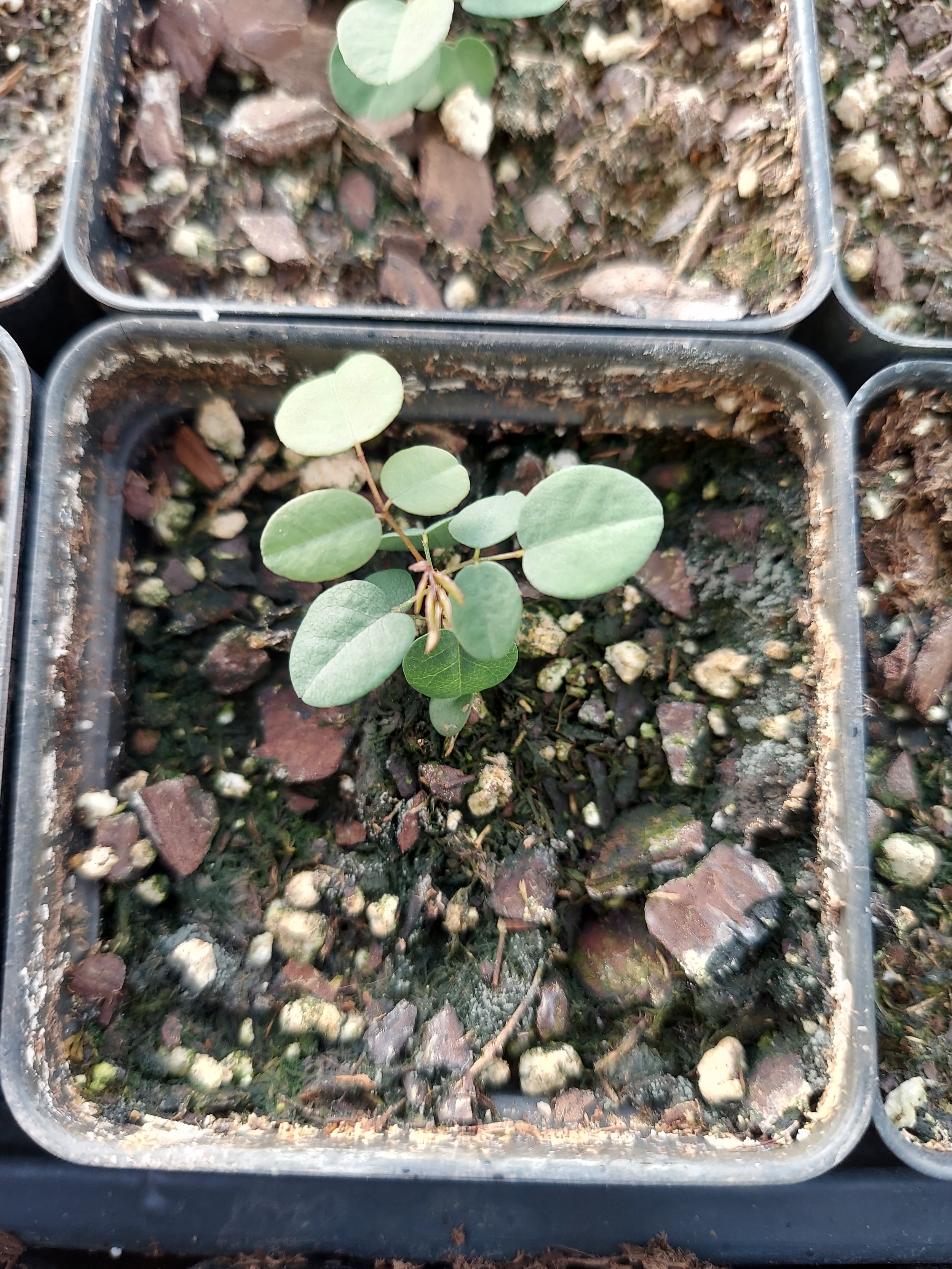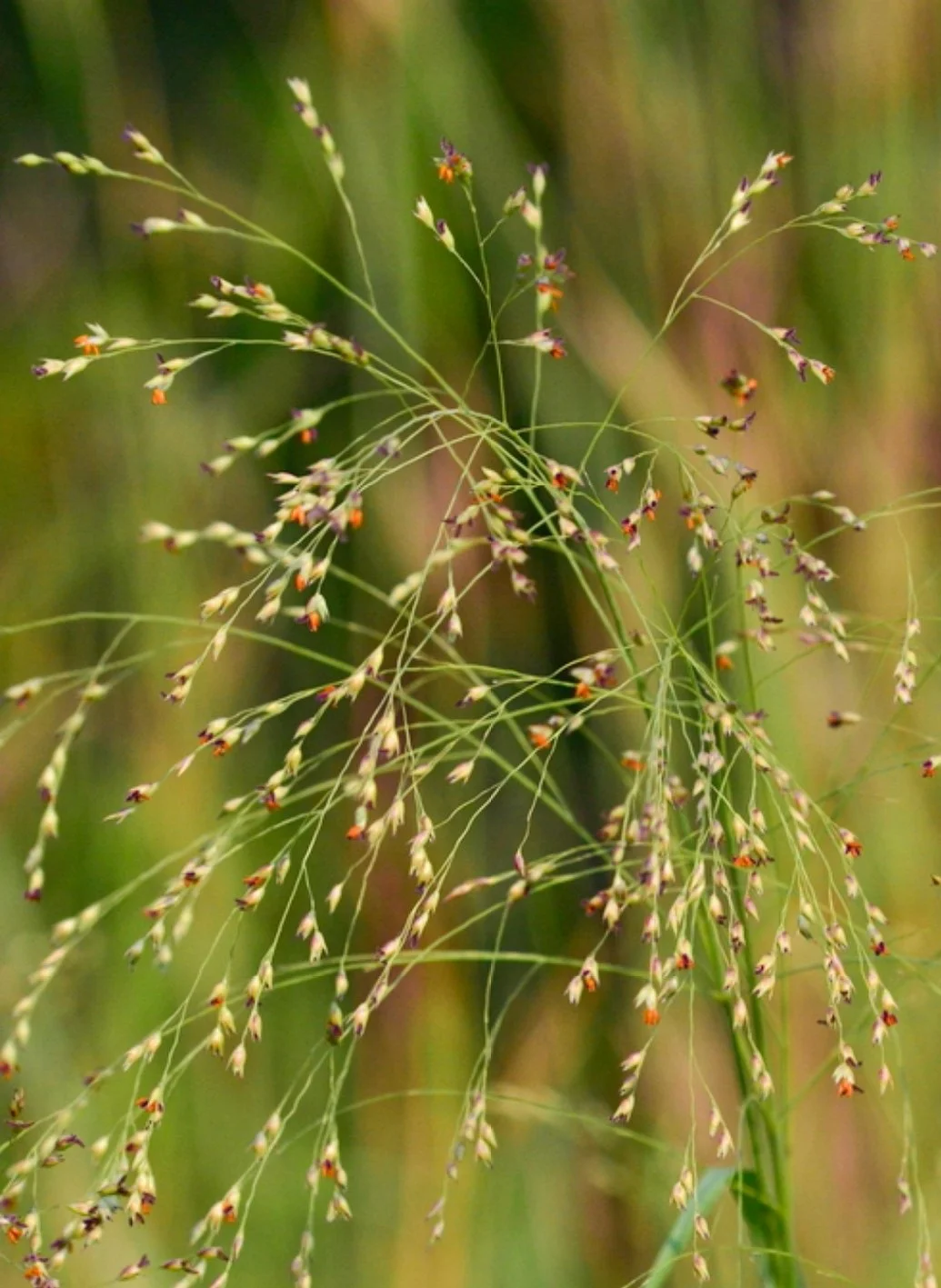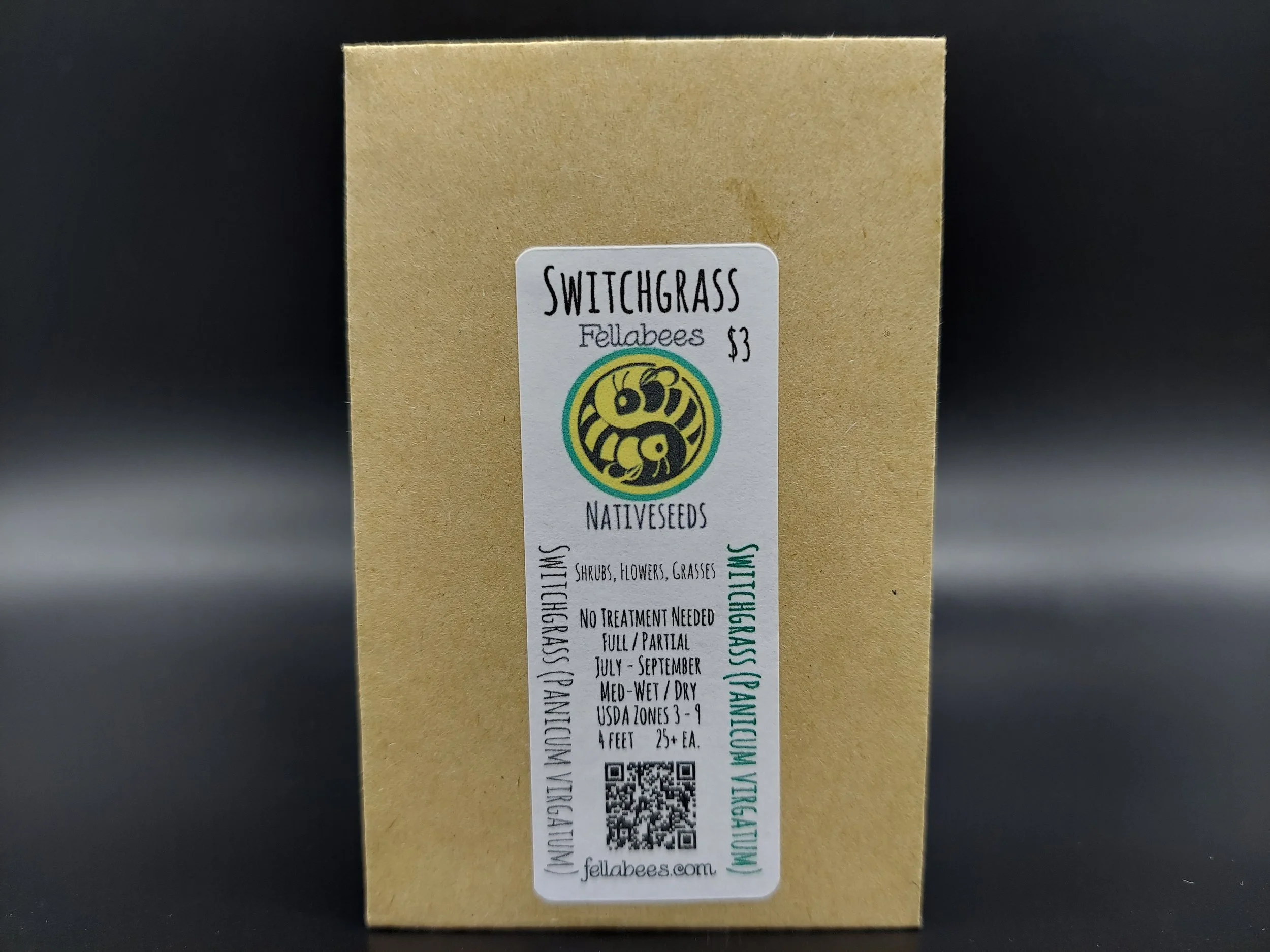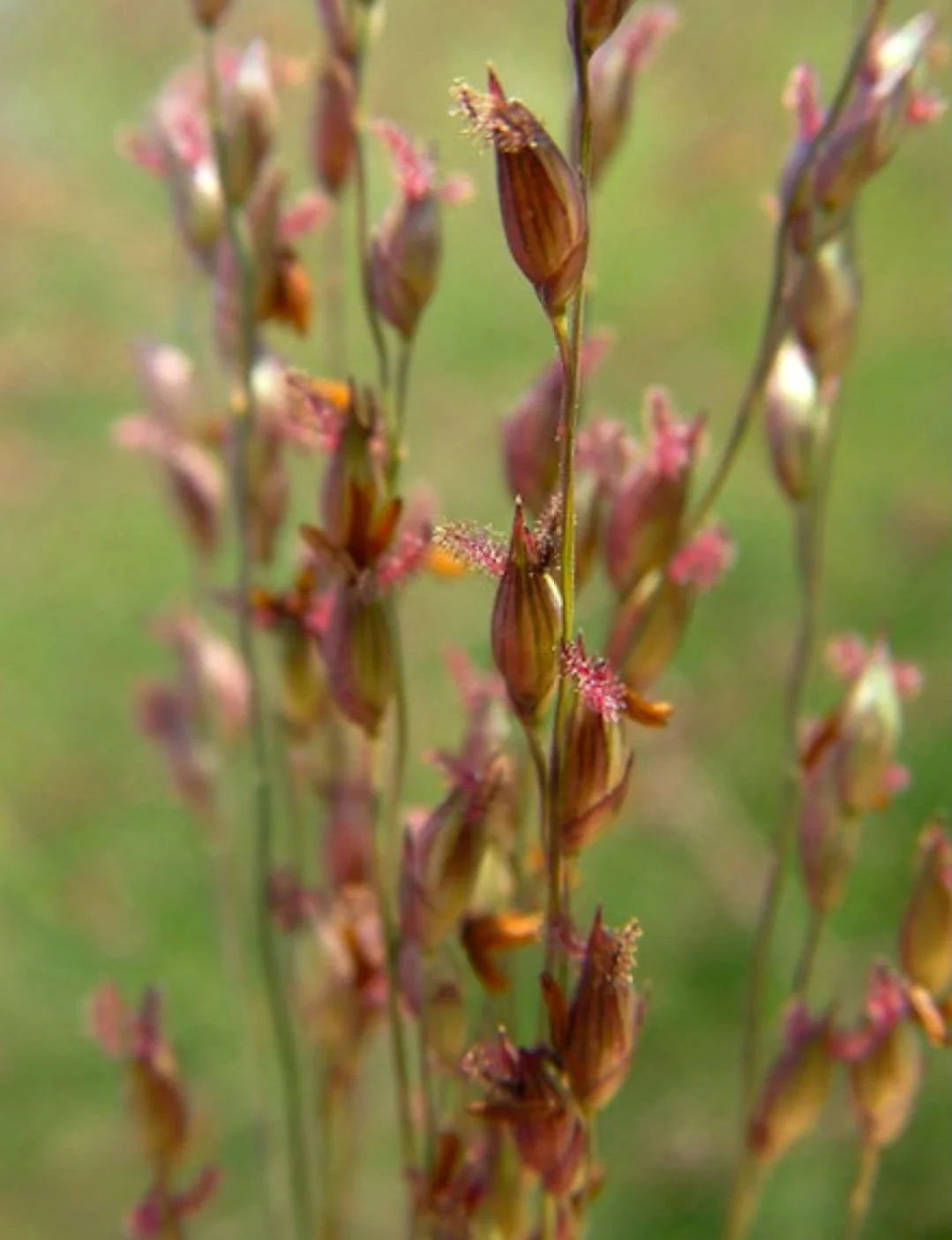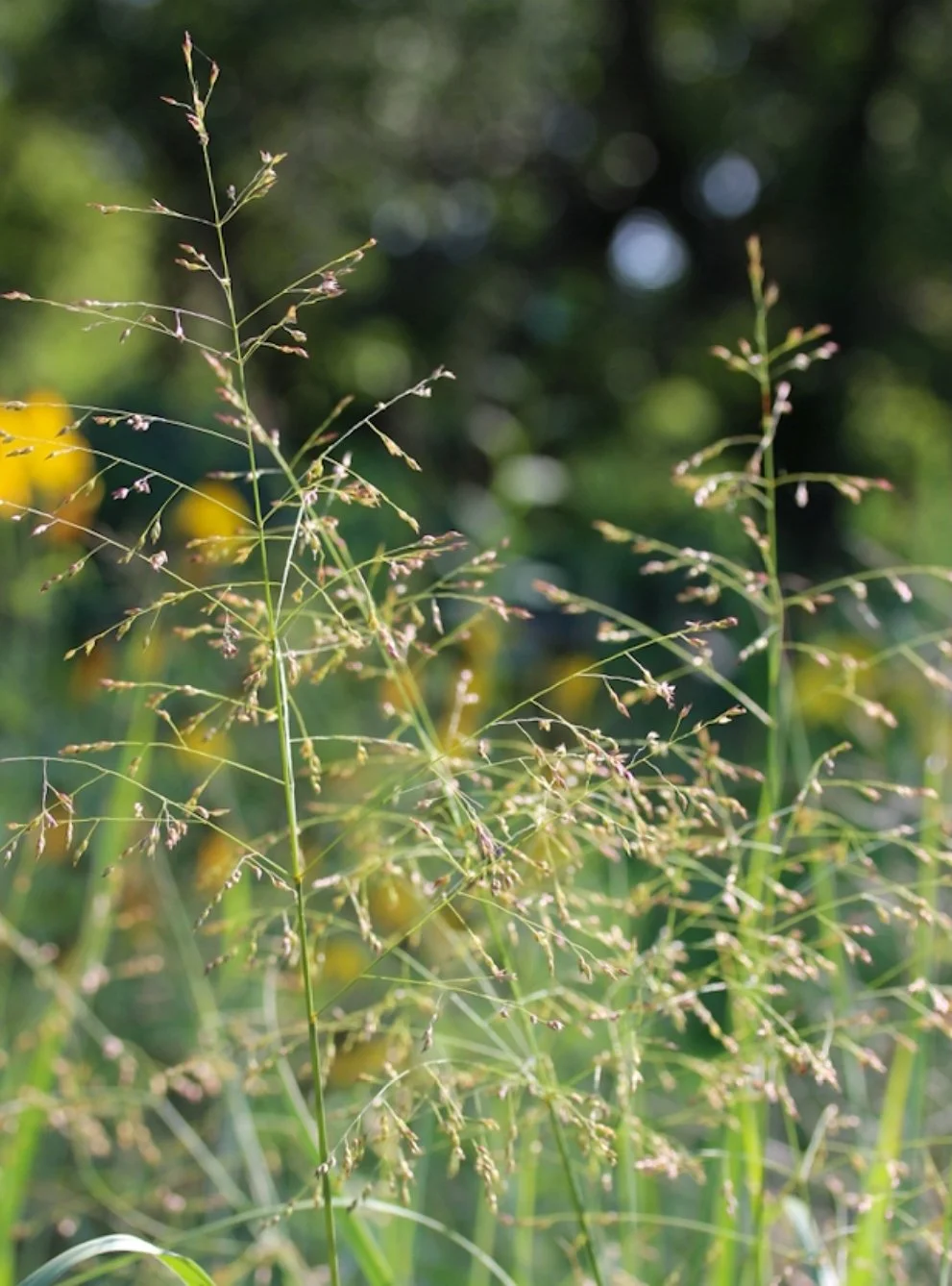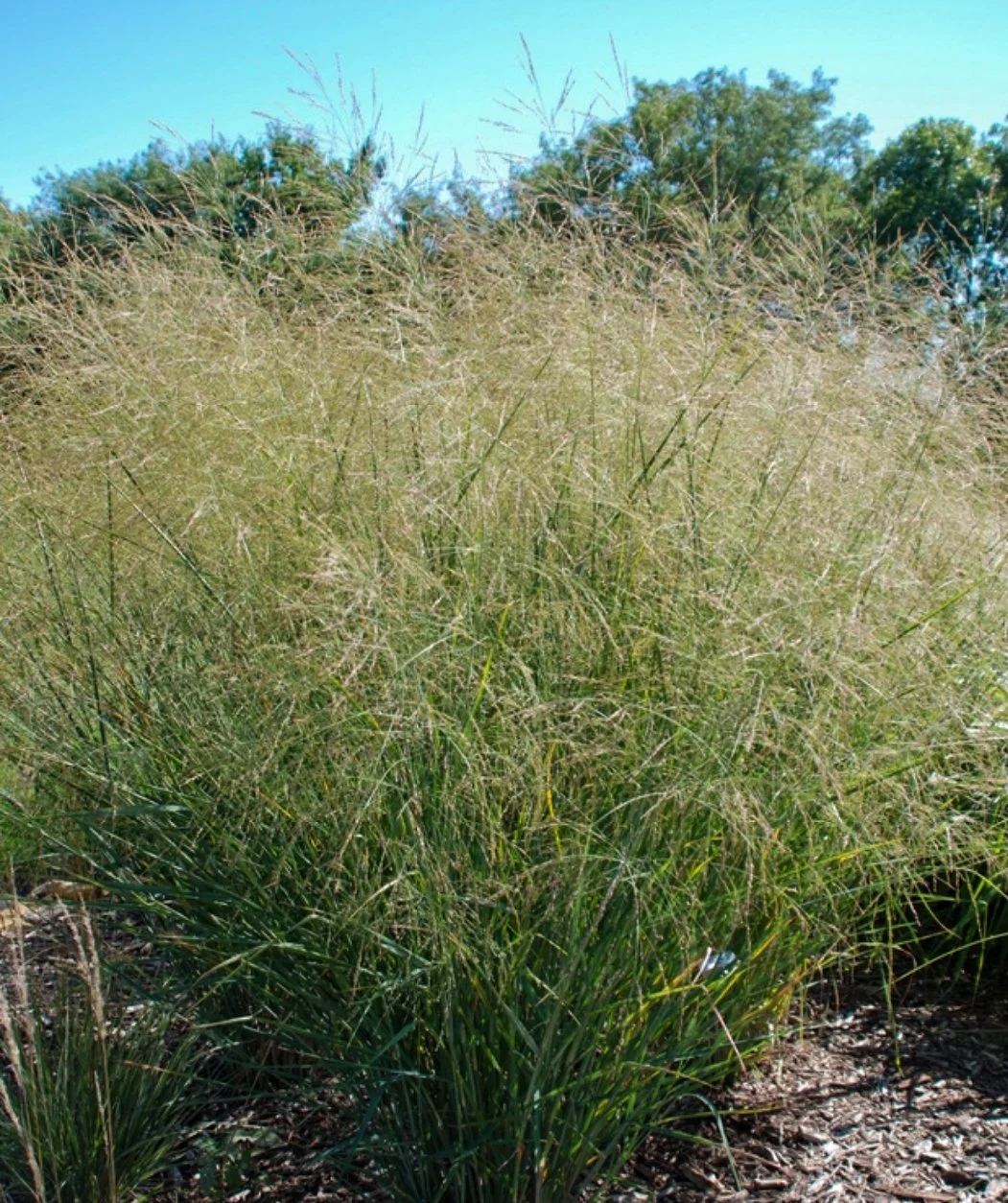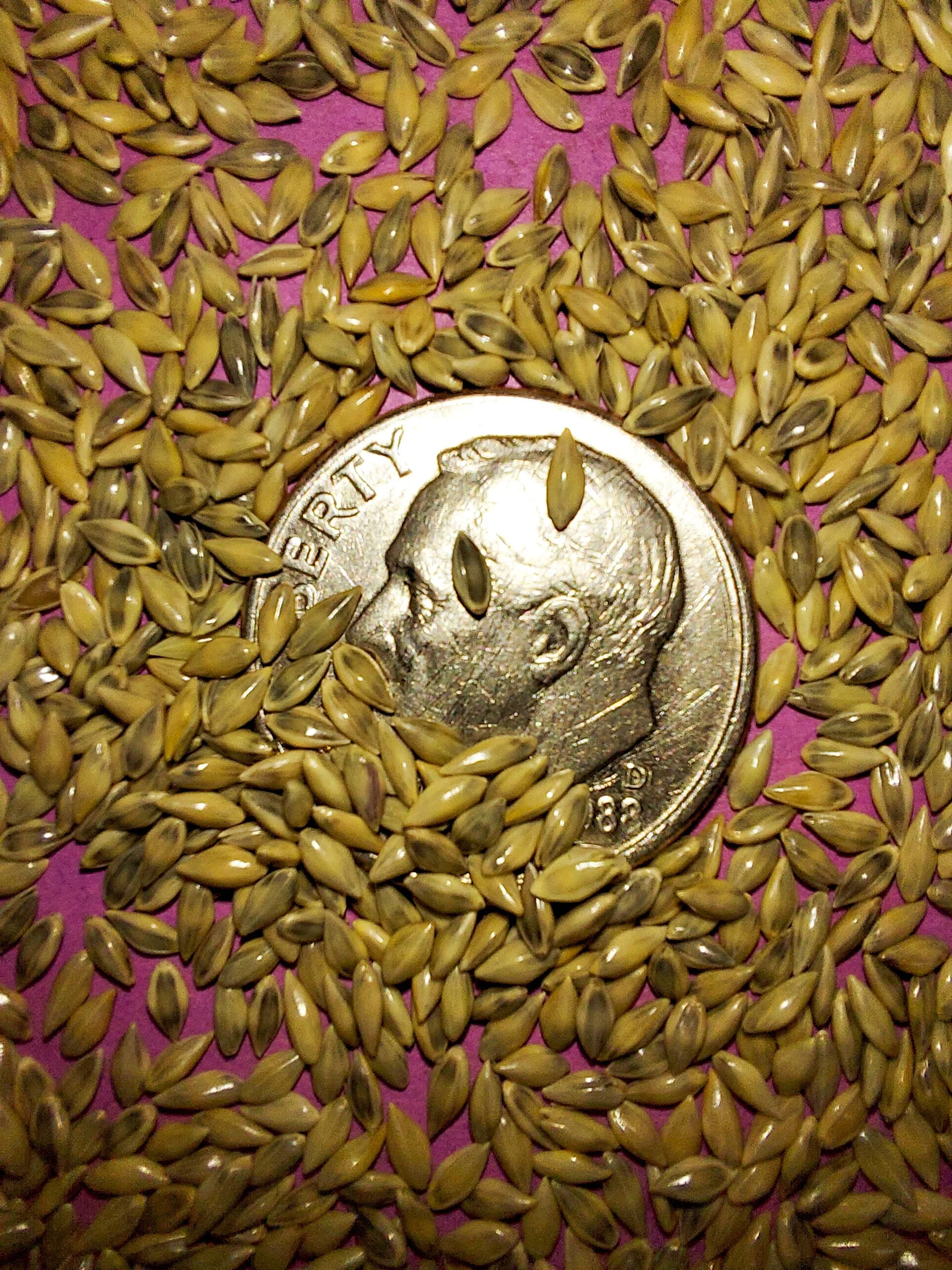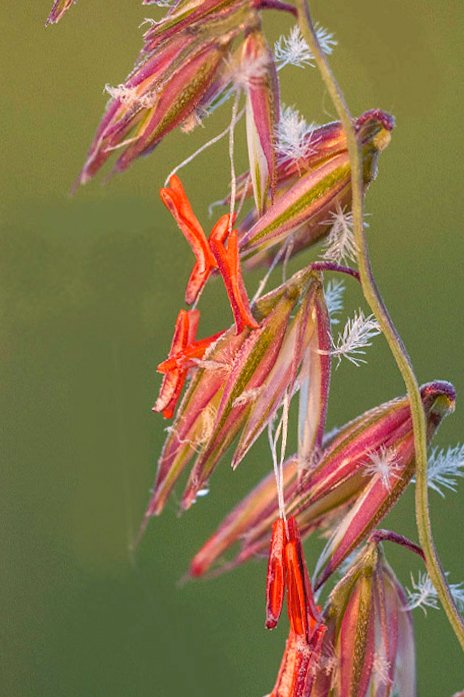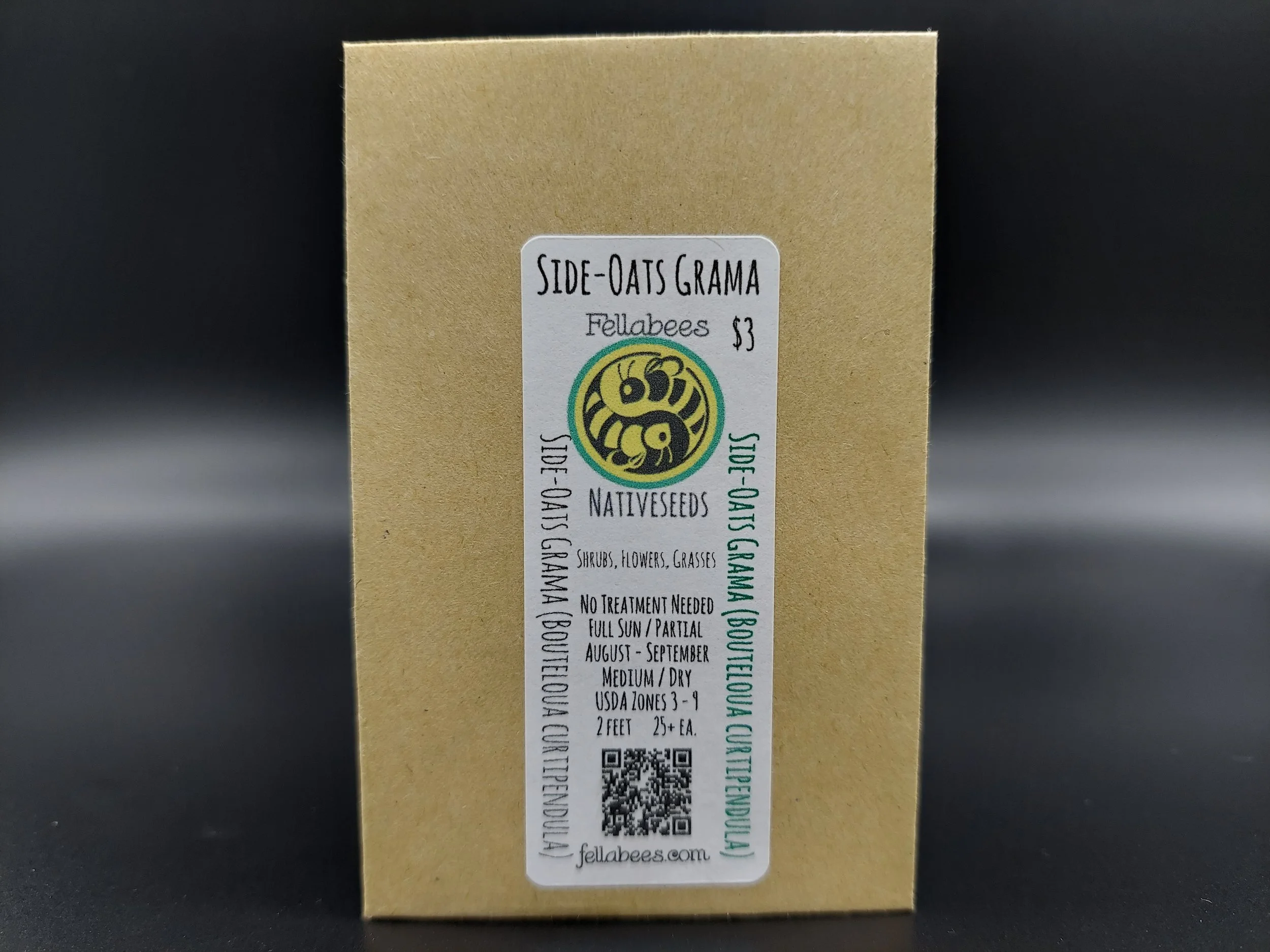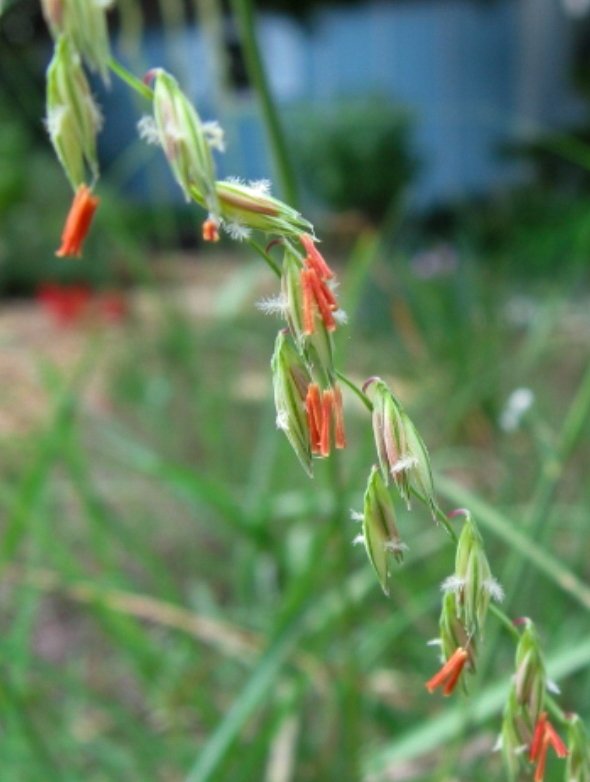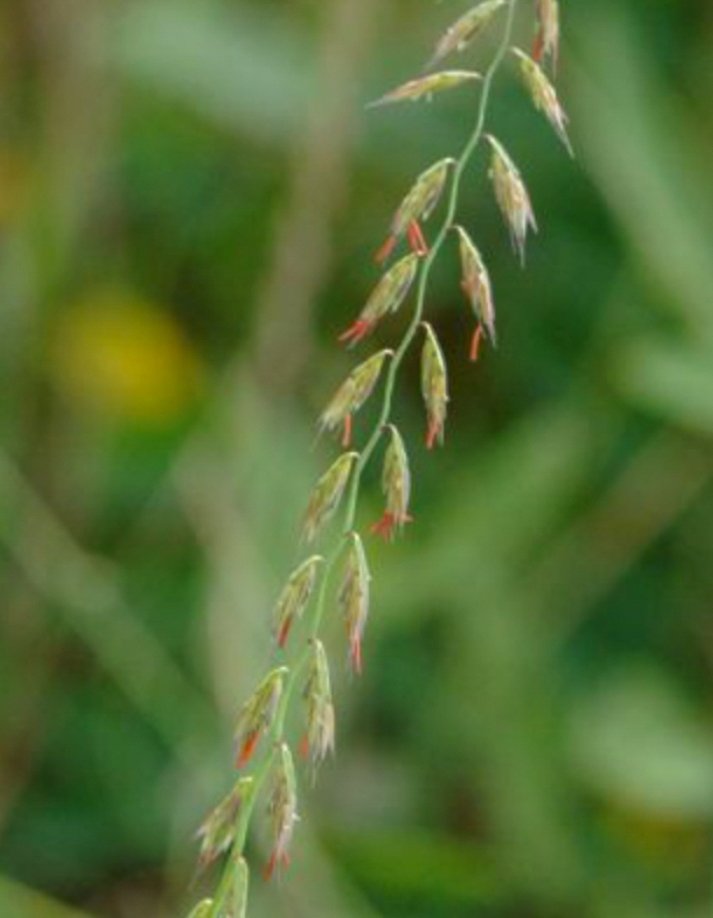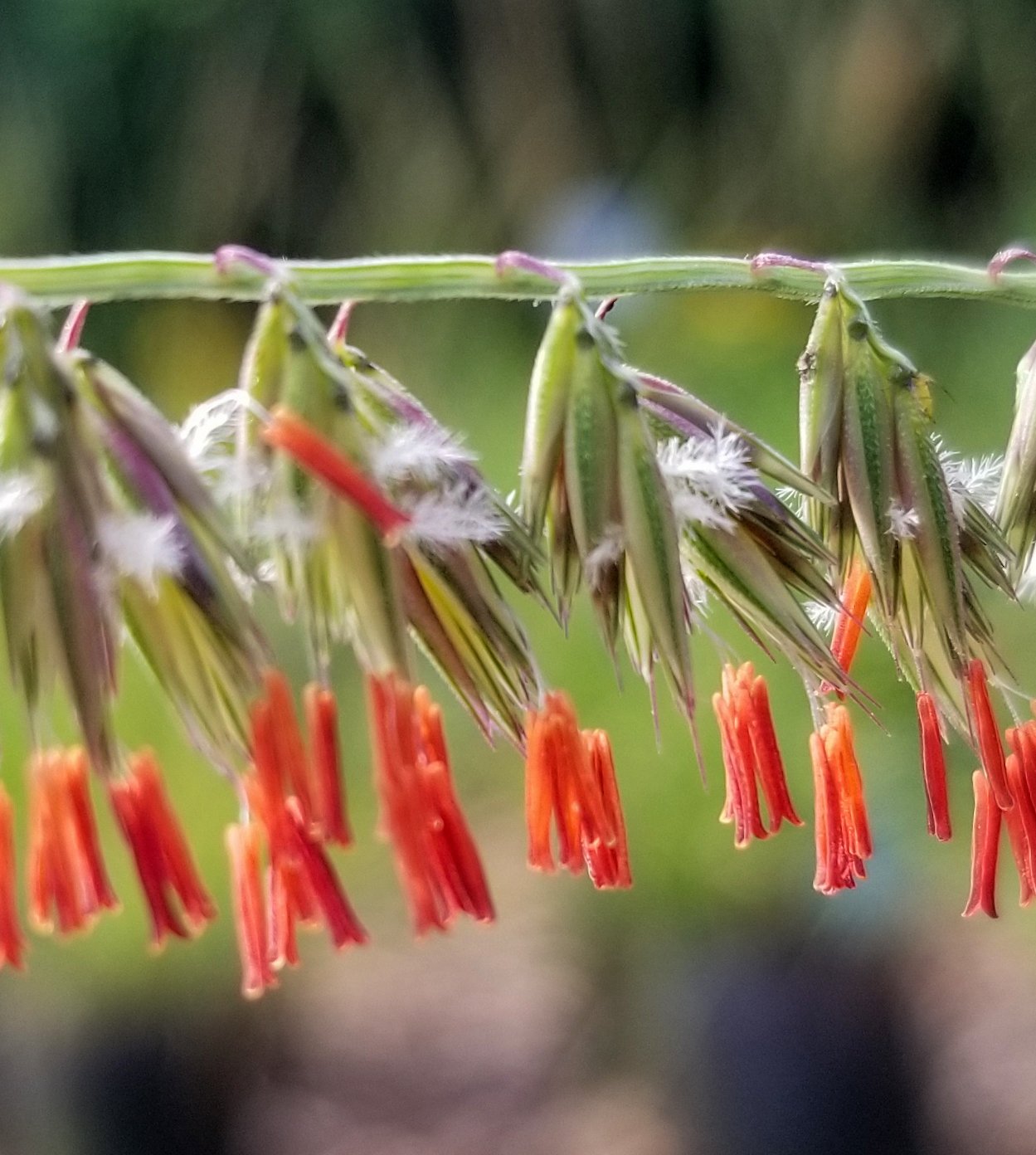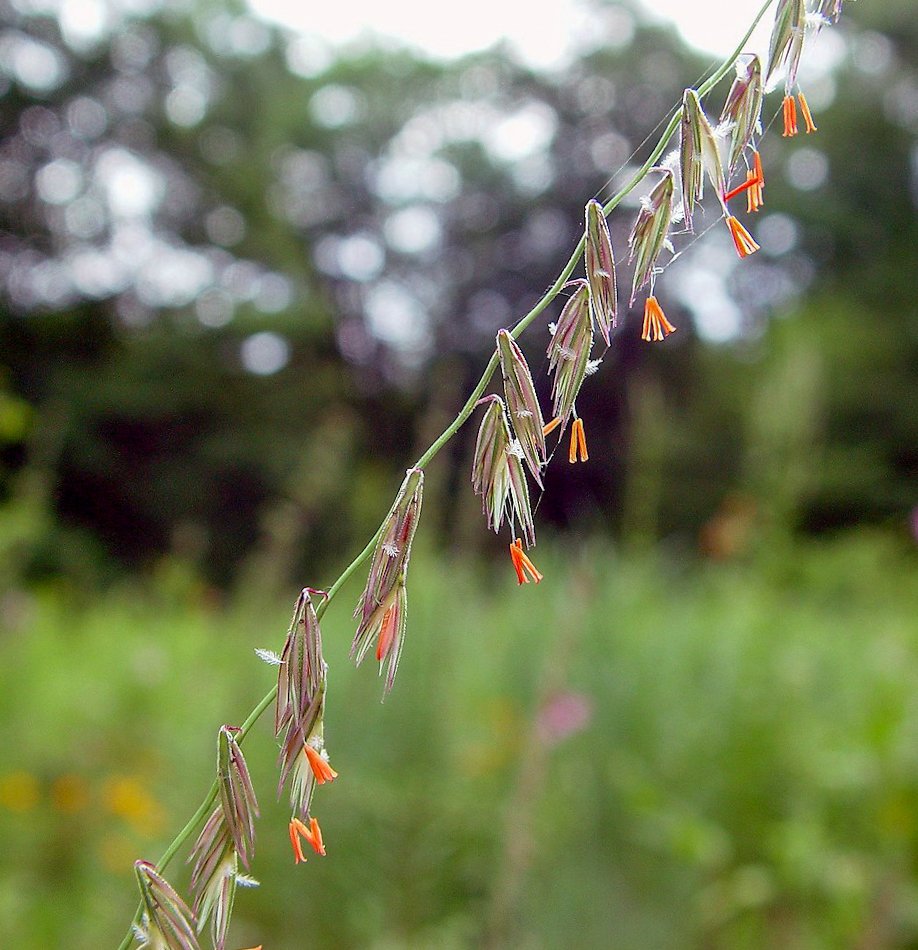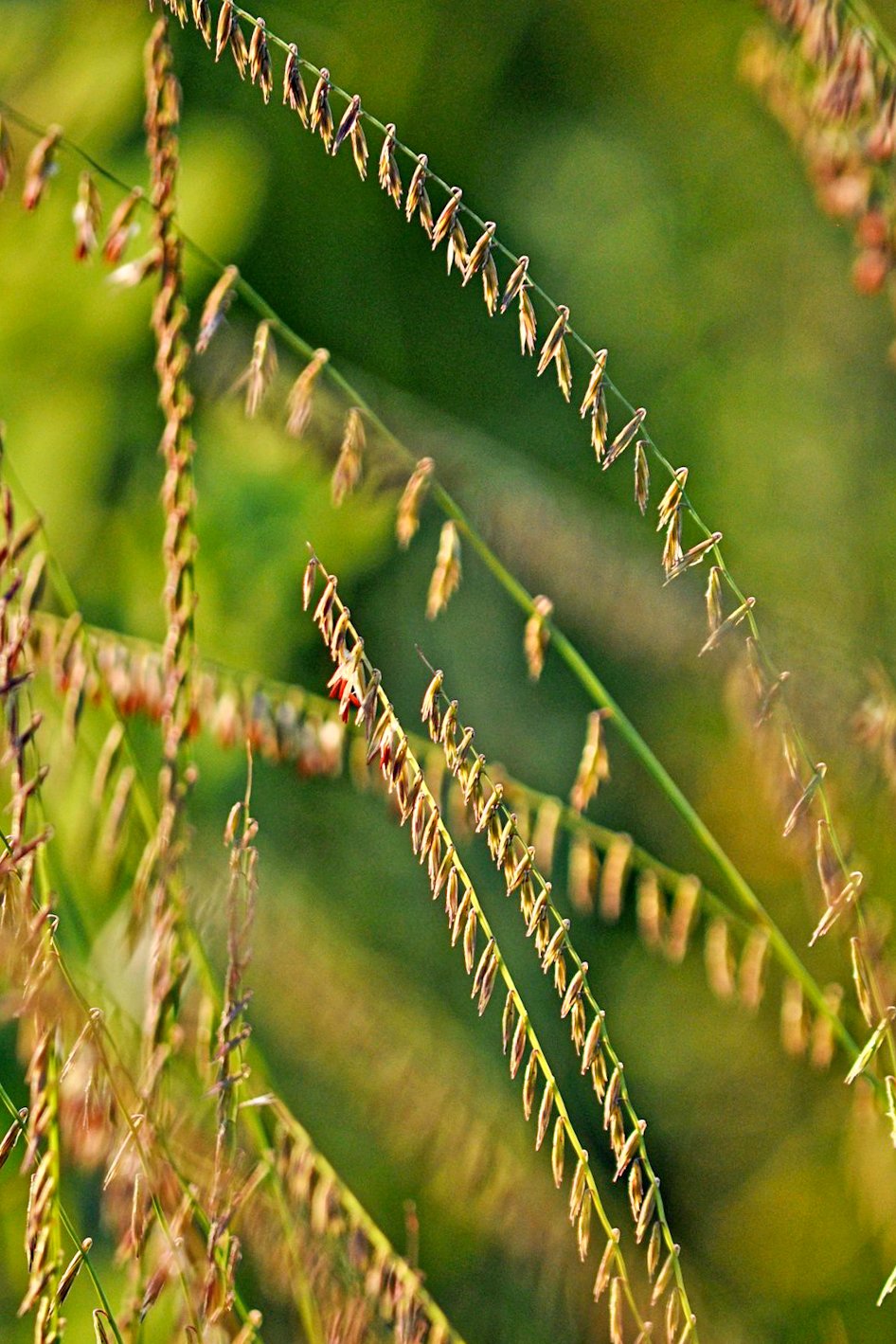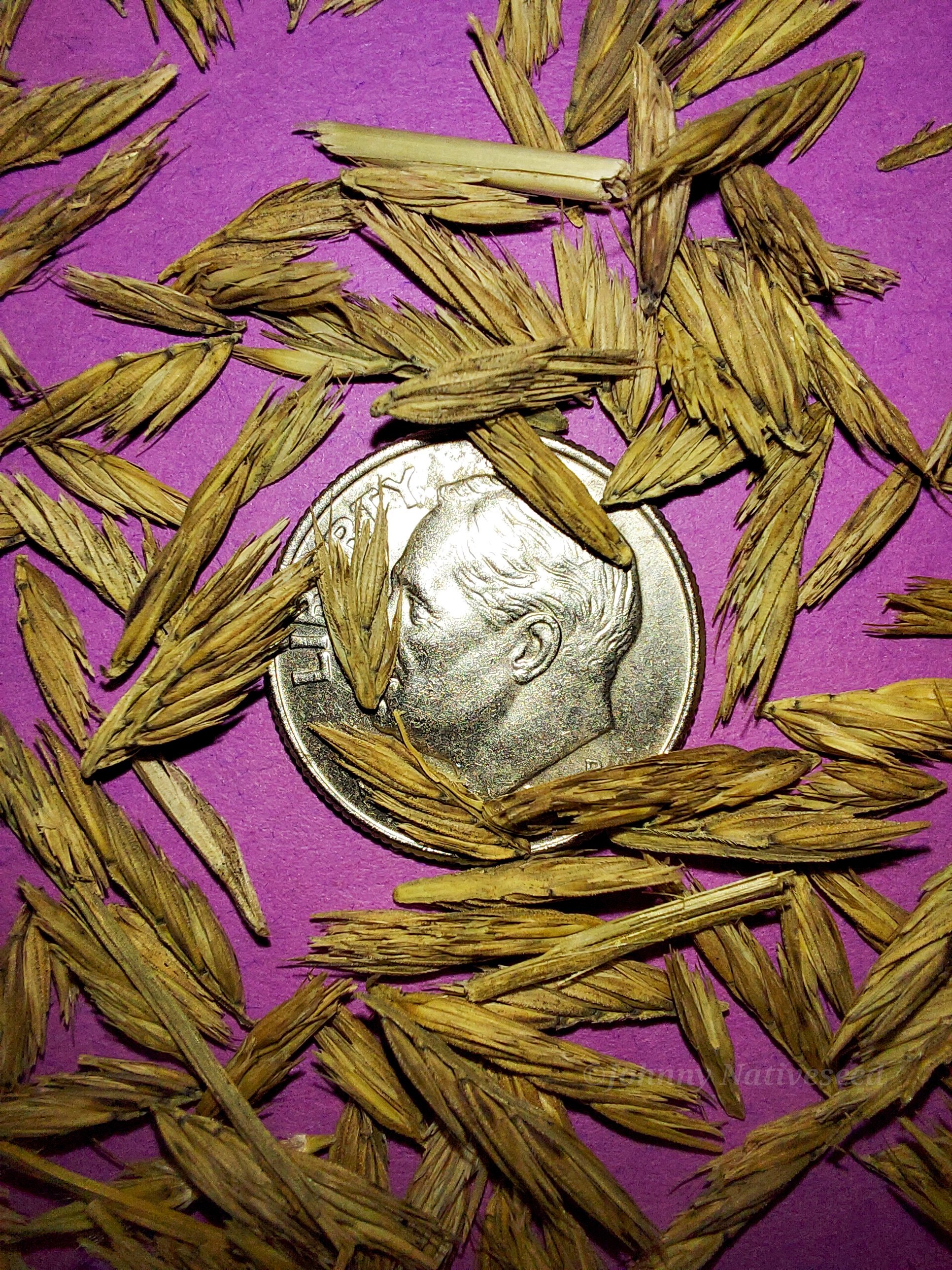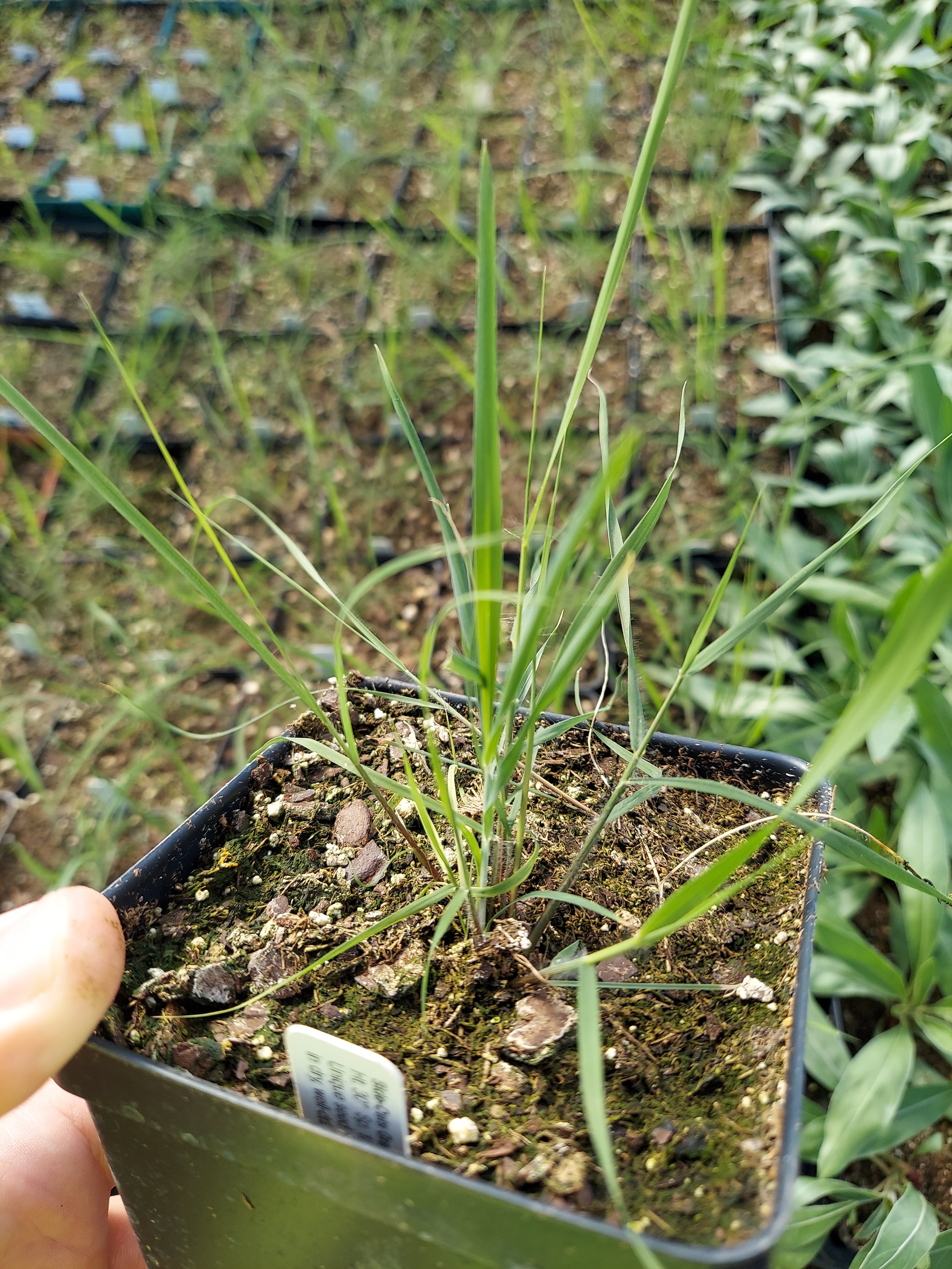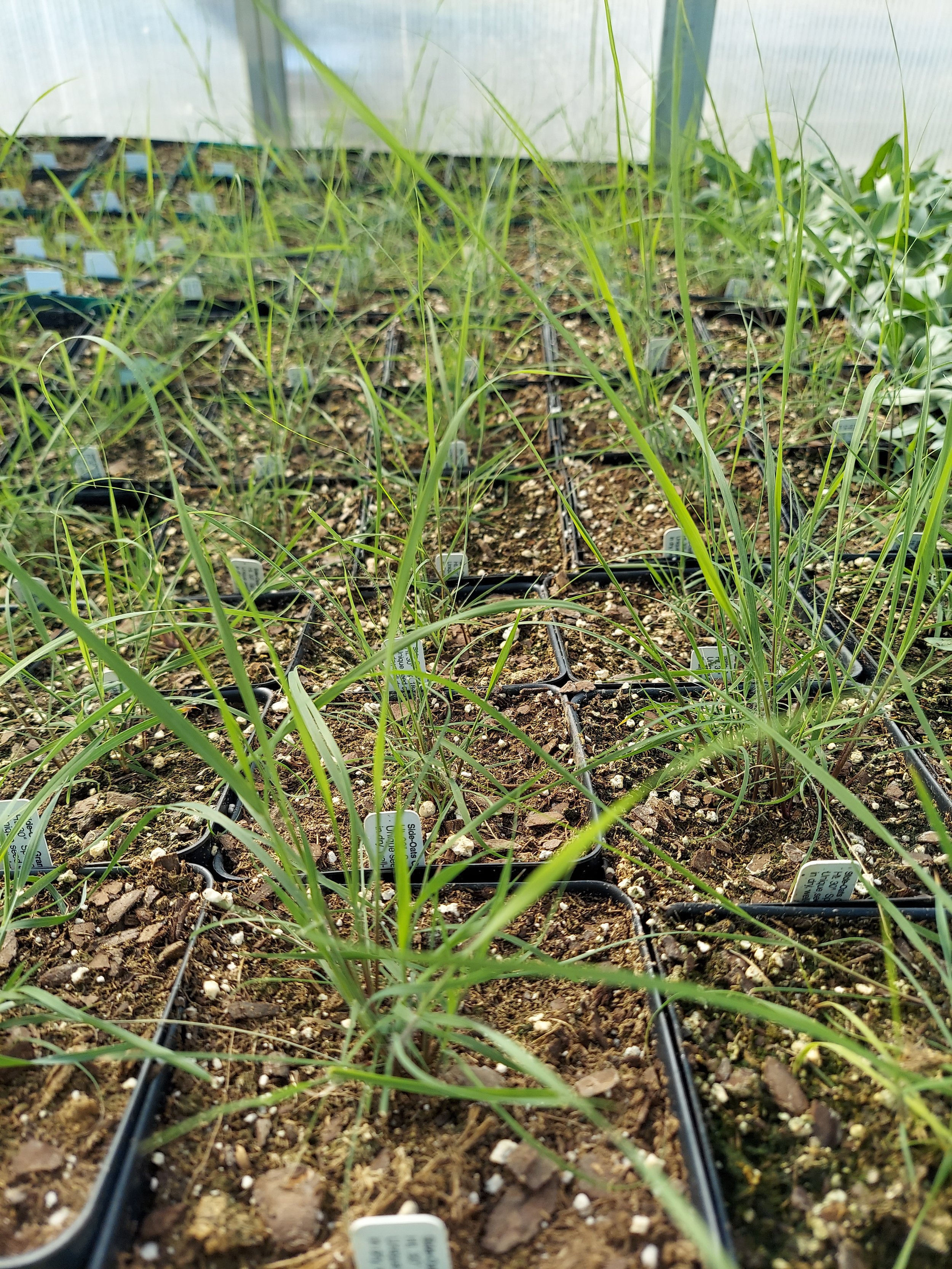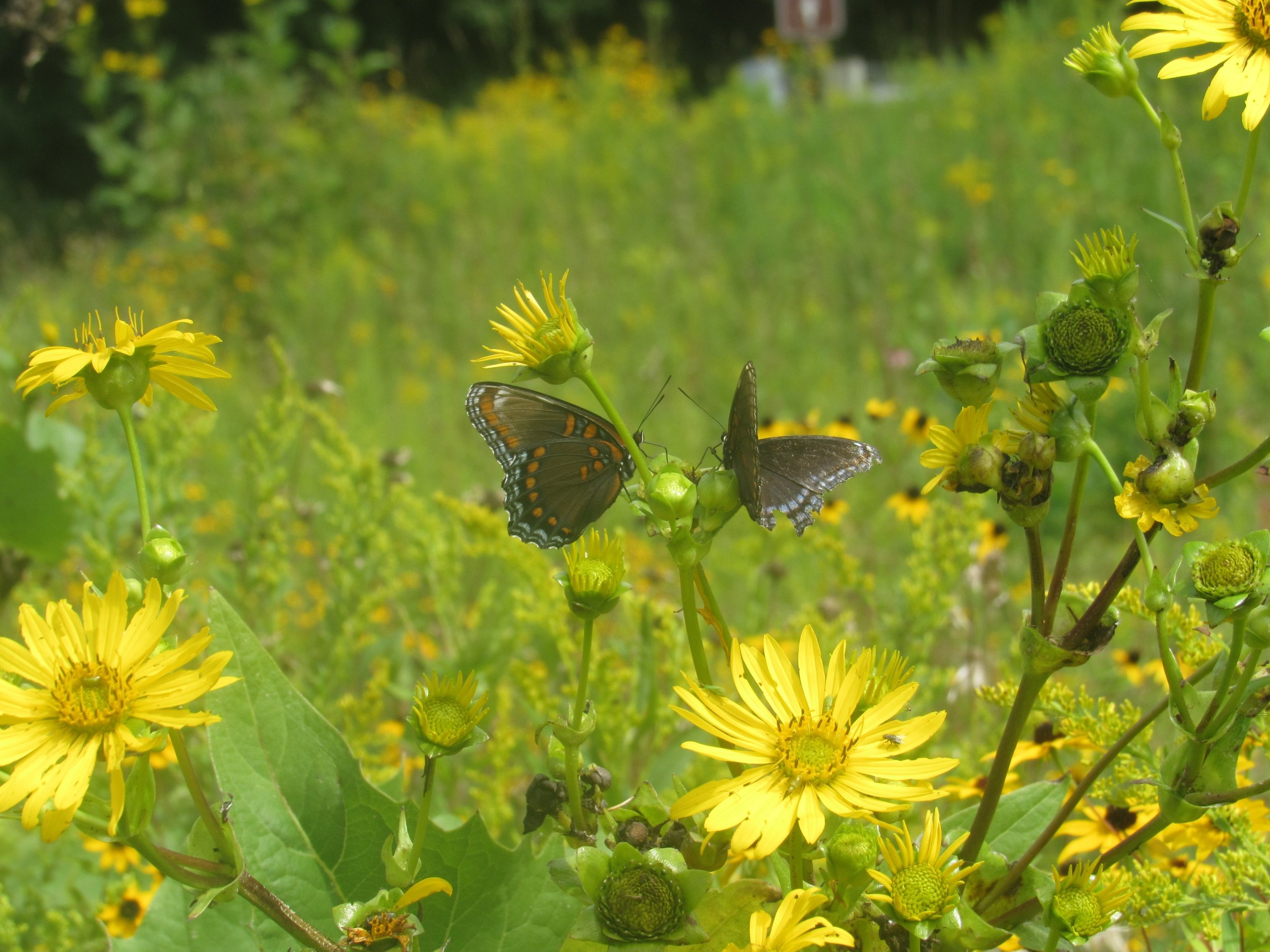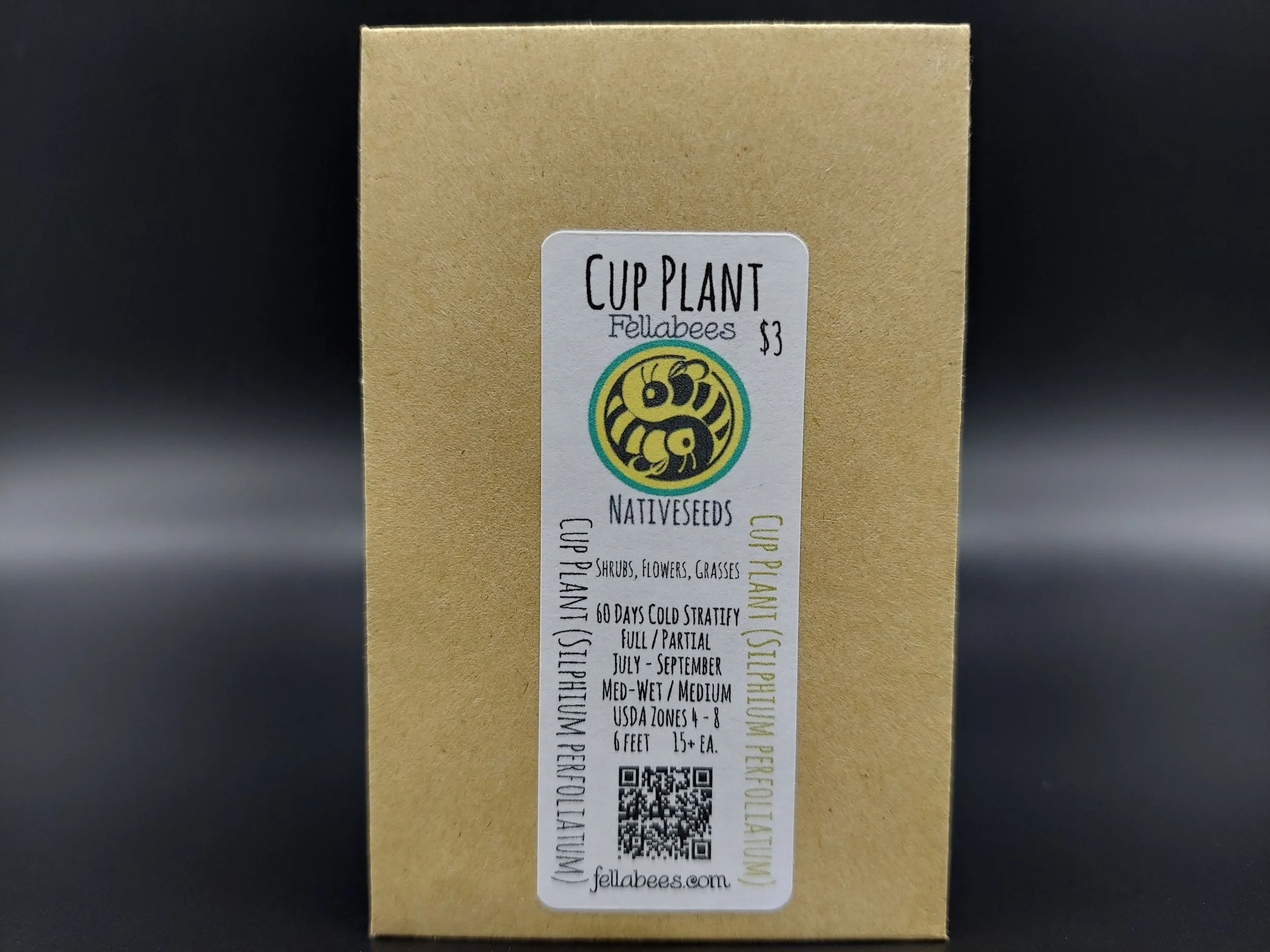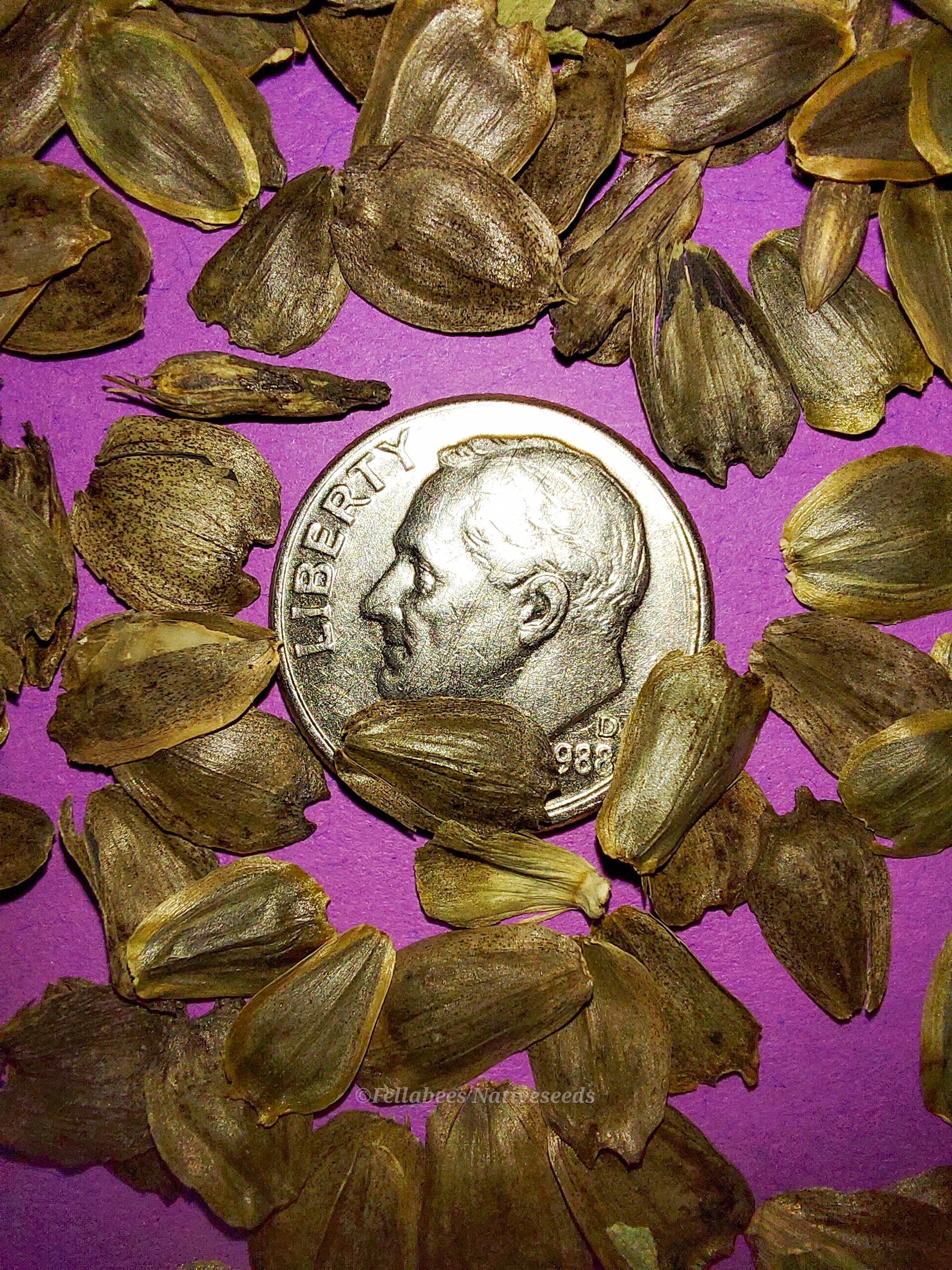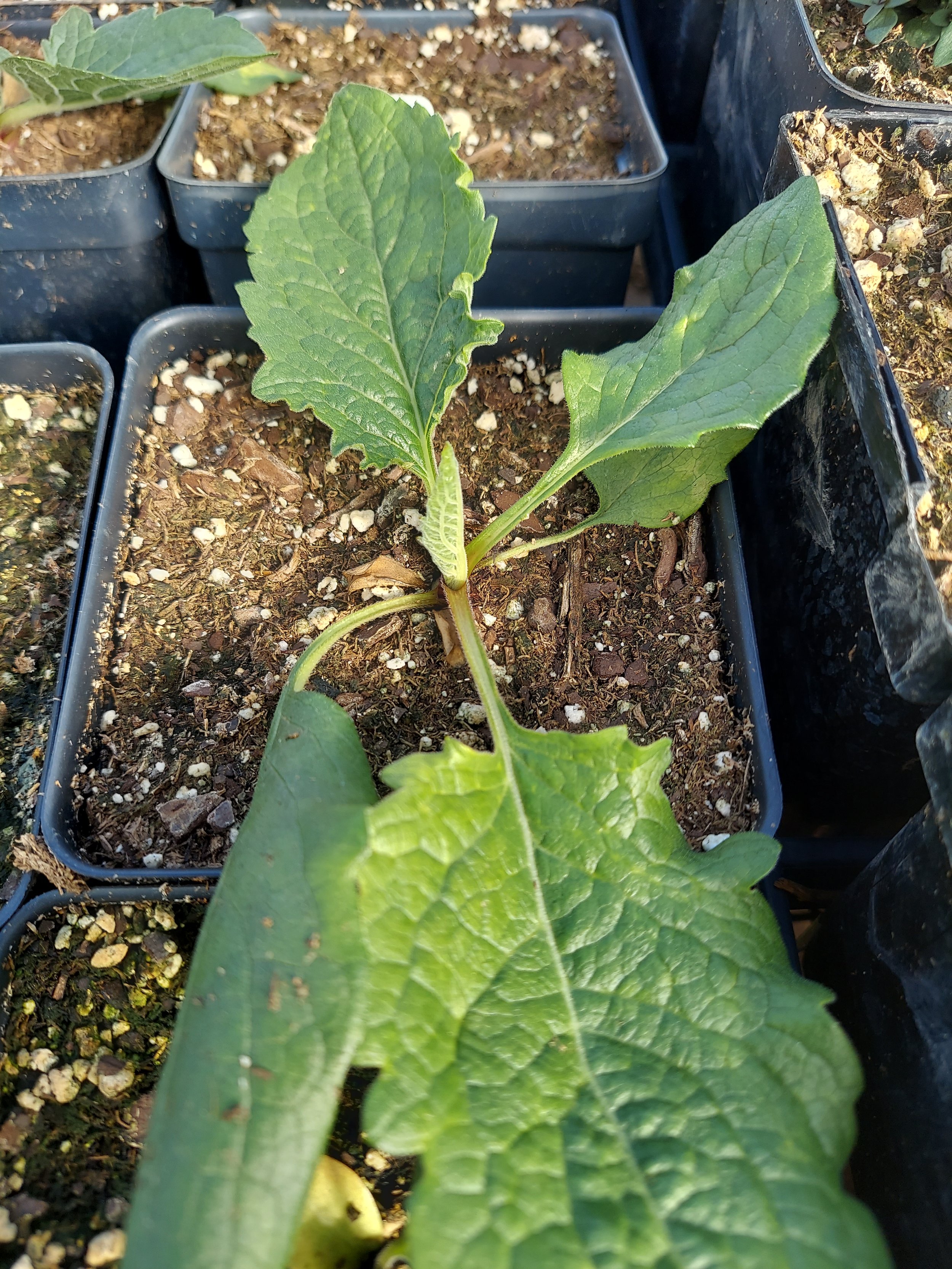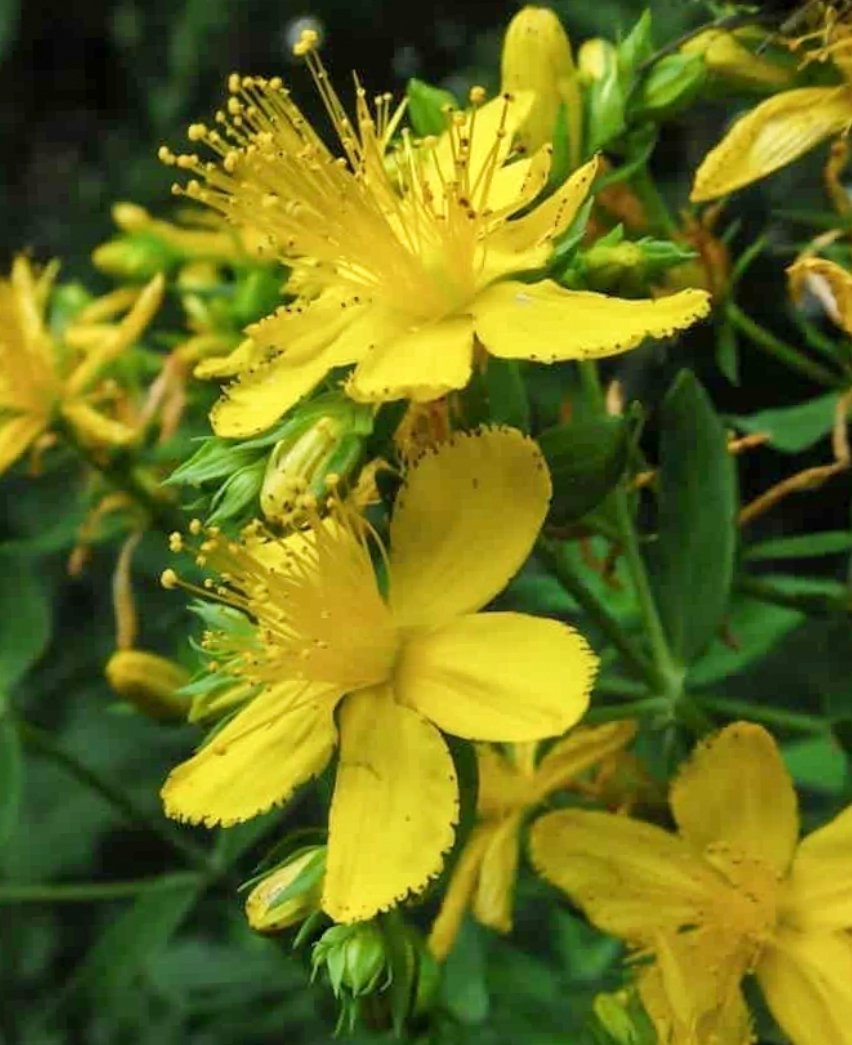 Image 1 of 5
Image 1 of 5

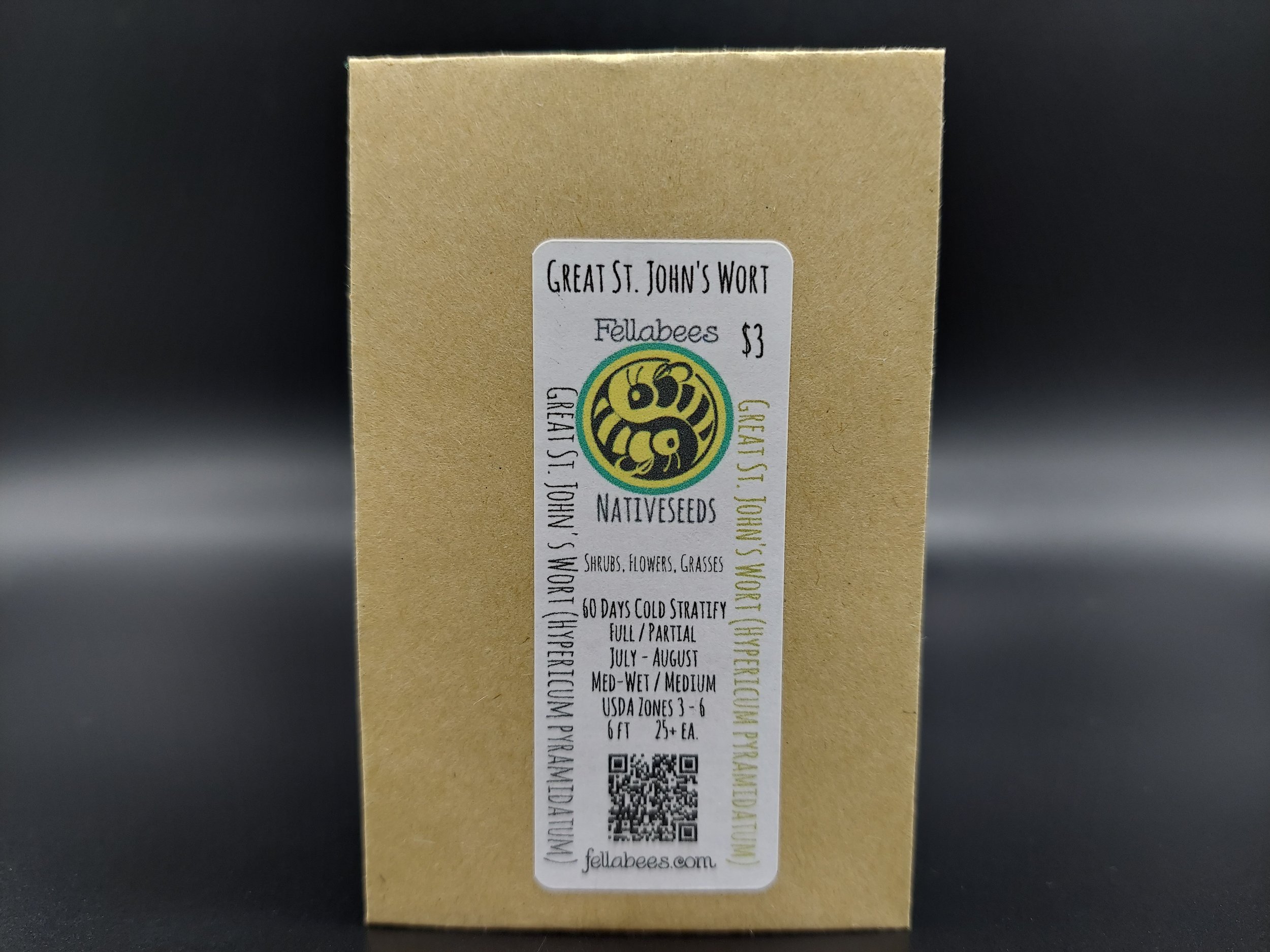 Image 2 of 5
Image 2 of 5

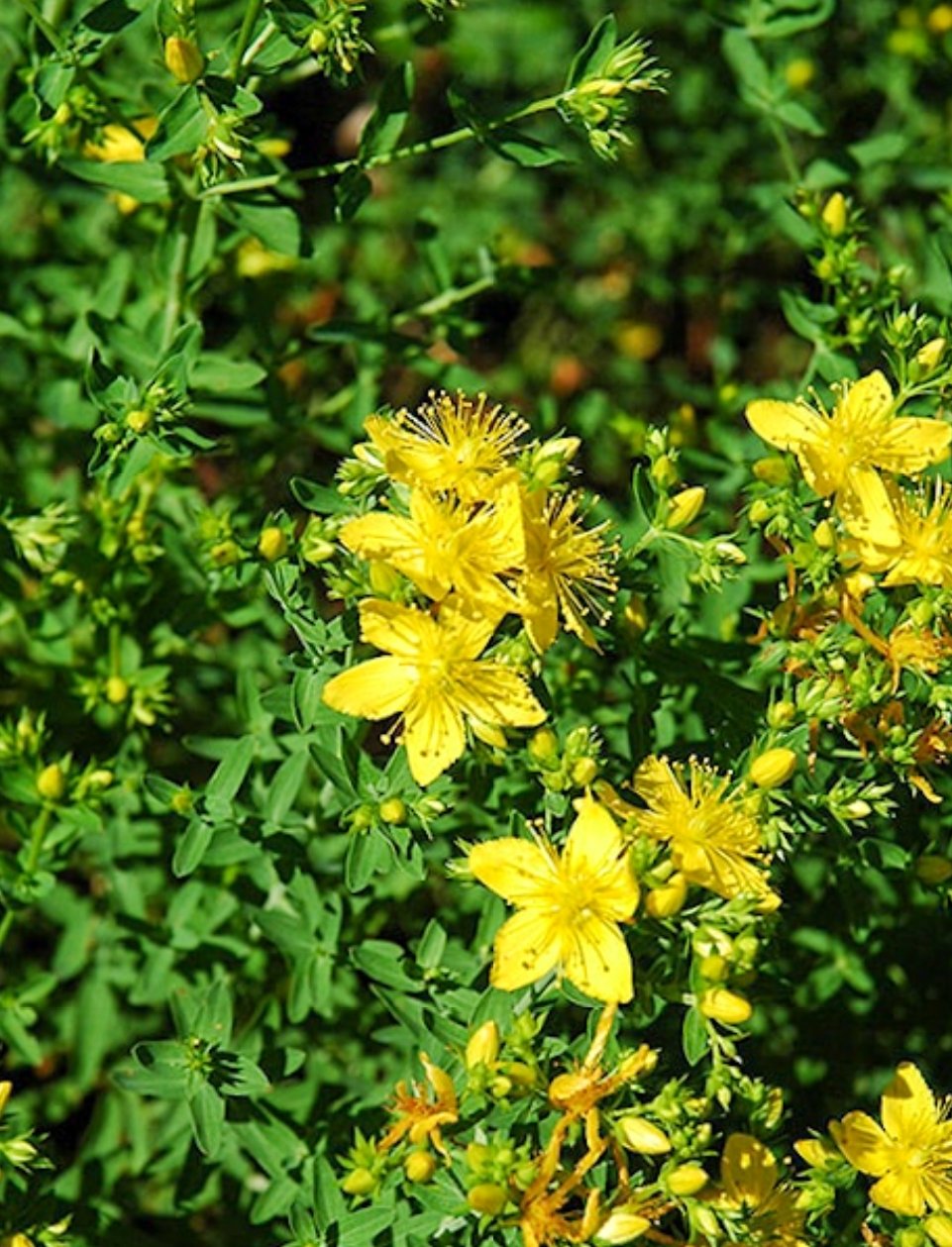 Image 3 of 5
Image 3 of 5

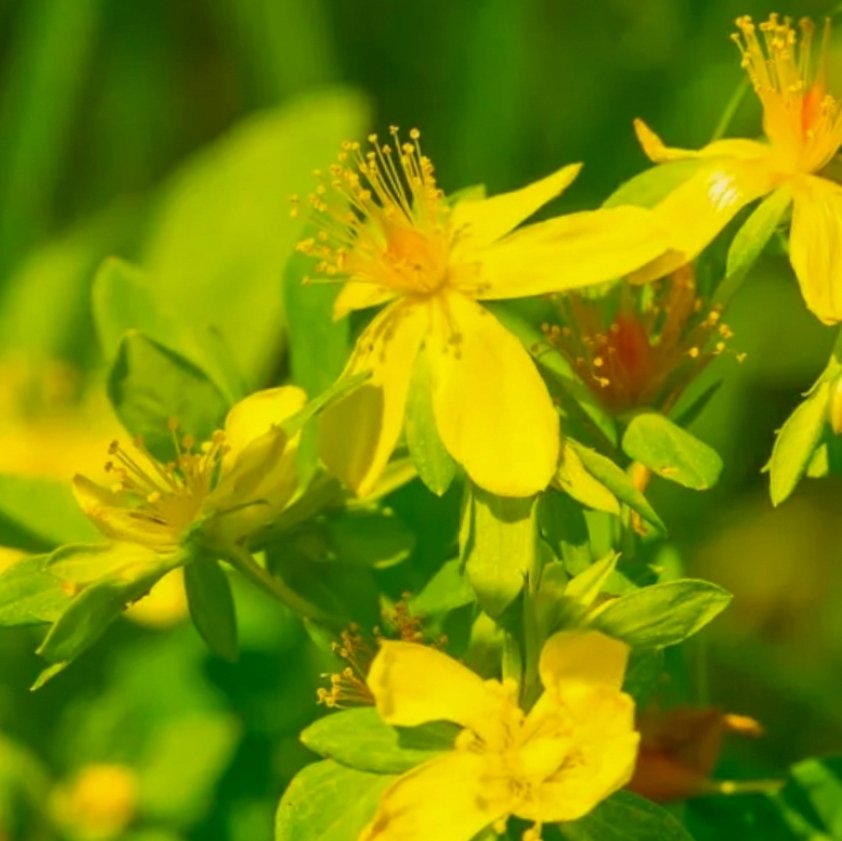 Image 4 of 5
Image 4 of 5

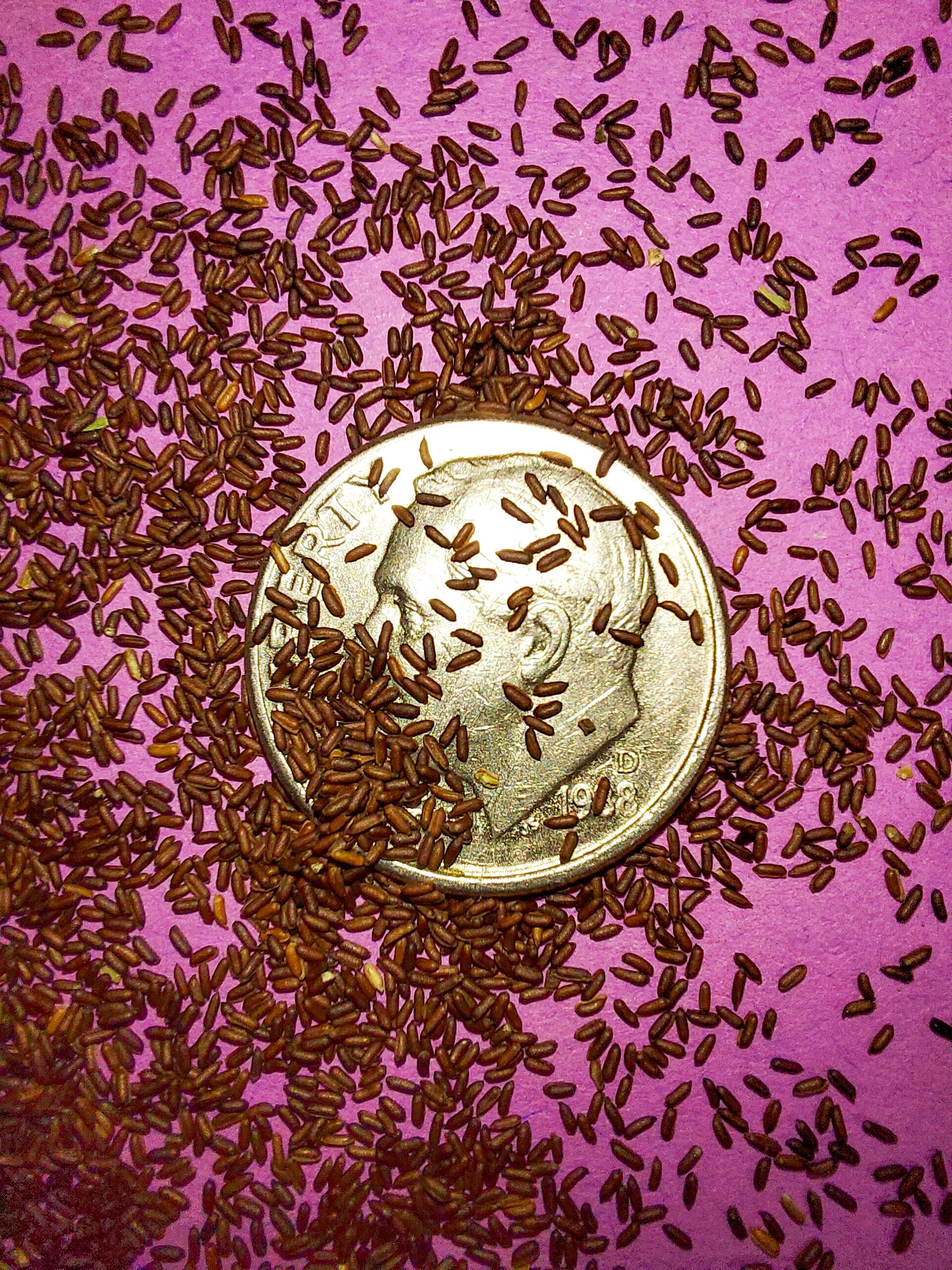 Image 5 of 5
Image 5 of 5






Great St. John's Wort (Hypericum pyramidatum)
Great St. John's Wort (Hypericum pyramidatum)
Hypericum pyramidatum is the scientific name for the plant species more commonly known as Great St. John’s Wort or Giant St. John's Wort. This shrub-like flowering plant is a native species within the family Hypericaceae, known for its bright yellow flowers and historically medicinal properties. Great St. John’s Wort typically thrives in a variety of natural habitats, making it an important component of the native ecosystem.
Great St. John’s Wort is found in its native range across North America, primarily in the American Midwest, as well as in various parts of New England and Quebec. Beyond North America, it also occurs in regions such as Russia, Mongolia, Korea, Taiwan, China, and Vietnam, as well as parts of Canada. This large species of Hypericum typically grows to be between 3 and 5 feet tall. It is a hardy perennial plant, with deep green, elliptic leaves that can grow up to 5 inches long. Its bright flowers feature five distinct petals, and each flower can have thirteen or more stamens, contributing to its attractive and robust appearance.
Plant Details
USDA Zones: 3-6
Germination Needs: 60 days Cold Stratification, Seed is small and requires light to germinate.
Life Cycle: Perennial
Sun Exposure: Full to Partial
Soil Moisture: Medium-Wet, Medium
Plant Spacing: 3-4 feet
Height: 6 feet
Bloom time: July, August
Bloom Color: Yellow
Advantages :
Pollinator Favorite: butterflies, moths, bees, wasps, beetles
Bird Favorite: seeds, insects, fruit, nectar, nesting, perchs.
Deer Resistant: Yes
Native to : Wisconsin, Minnesota, Iowa, Illinois, Indiana, Michigan, Ohio, Pennsylvania, New York, Vermont, New Hampshire, Maine, Massachusetts, Connecticut, New Jersey, Maryland, West Virginia, Missouri, Kansas and Nebraska.
This plant is considered present but rare in several counties of the states of Indiana, Pennsylvania, New York, Vermont, New Hampshire, Maine, Massachusetts, Connecticut, and New Jersey.
This species is considered extirpated (locally extinct) in one county of Maryland.
.
.
Packet quantities:
We pride ourselves on ethical, hands on, ecological management, using no mechanical or chemical methods whatsoever.
All of our native seed is hand reared, hand picked, and hand packed from native prairies under our exclusive management, never breaking chain of custody from the field until it is sent to you. Each packet is hand prepared for shipment by us, directly.
Small seed species will contain greater than 20-25 seed
Large seed species will contain greater than 10-15 seed
All packets are individually marked at the bottom of the front label with expected count, however most if not all packets will have many more than the minimum count by default.
It is our mission to spread the wealth of native plant and pollinator ecological sustainability, and educate back yard gardeners as well as corporate and government entities in how to germinate, grow, and benefit from native synergies.
Thank you for your support, it is because of you, that we can grow together to do, what we do.🐛🦋🐝🐞🌾🌱🌼🧡
Great St. John's Wort (Hypericum pyramidatum)
Hypericum pyramidatum is the scientific name for the plant species more commonly known as Great St. John’s Wort or Giant St. John's Wort. This shrub-like flowering plant is a native species within the family Hypericaceae, known for its bright yellow flowers and historically medicinal properties. Great St. John’s Wort typically thrives in a variety of natural habitats, making it an important component of the native ecosystem.
Great St. John’s Wort is found in its native range across North America, primarily in the American Midwest, as well as in various parts of New England and Quebec. Beyond North America, it also occurs in regions such as Russia, Mongolia, Korea, Taiwan, China, and Vietnam, as well as parts of Canada. This large species of Hypericum typically grows to be between 3 and 5 feet tall. It is a hardy perennial plant, with deep green, elliptic leaves that can grow up to 5 inches long. Its bright flowers feature five distinct petals, and each flower can have thirteen or more stamens, contributing to its attractive and robust appearance.
Plant Details
USDA Zones: 3-6
Germination Needs: 60 days Cold Stratification, Seed is small and requires light to germinate.
Life Cycle: Perennial
Sun Exposure: Full to Partial
Soil Moisture: Medium-Wet, Medium
Plant Spacing: 3-4 feet
Height: 6 feet
Bloom time: July, August
Bloom Color: Yellow
Advantages :
Pollinator Favorite: butterflies, moths, bees, wasps, beetles
Bird Favorite: seeds, insects, fruit, nectar, nesting, perchs.
Deer Resistant: Yes
Native to : Wisconsin, Minnesota, Iowa, Illinois, Indiana, Michigan, Ohio, Pennsylvania, New York, Vermont, New Hampshire, Maine, Massachusetts, Connecticut, New Jersey, Maryland, West Virginia, Missouri, Kansas and Nebraska.
This plant is considered present but rare in several counties of the states of Indiana, Pennsylvania, New York, Vermont, New Hampshire, Maine, Massachusetts, Connecticut, and New Jersey.
This species is considered extirpated (locally extinct) in one county of Maryland.
.
.
Packet quantities:
We pride ourselves on ethical, hands on, ecological management, using no mechanical or chemical methods whatsoever.
All of our native seed is hand reared, hand picked, and hand packed from native prairies under our exclusive management, never breaking chain of custody from the field until it is sent to you. Each packet is hand prepared for shipment by us, directly.
Small seed species will contain greater than 20-25 seed
Large seed species will contain greater than 10-15 seed
All packets are individually marked at the bottom of the front label with expected count, however most if not all packets will have many more than the minimum count by default.
It is our mission to spread the wealth of native plant and pollinator ecological sustainability, and educate back yard gardeners as well as corporate and government entities in how to germinate, grow, and benefit from native synergies.
Thank you for your support, it is because of you, that we can grow together to do, what we do.🐛🦋🐝🐞🌾🌱🌼🧡
